

Search Smartraveller

Latest update
Exercise normal safety precautions in Japan.
Higher levels apply in some areas.
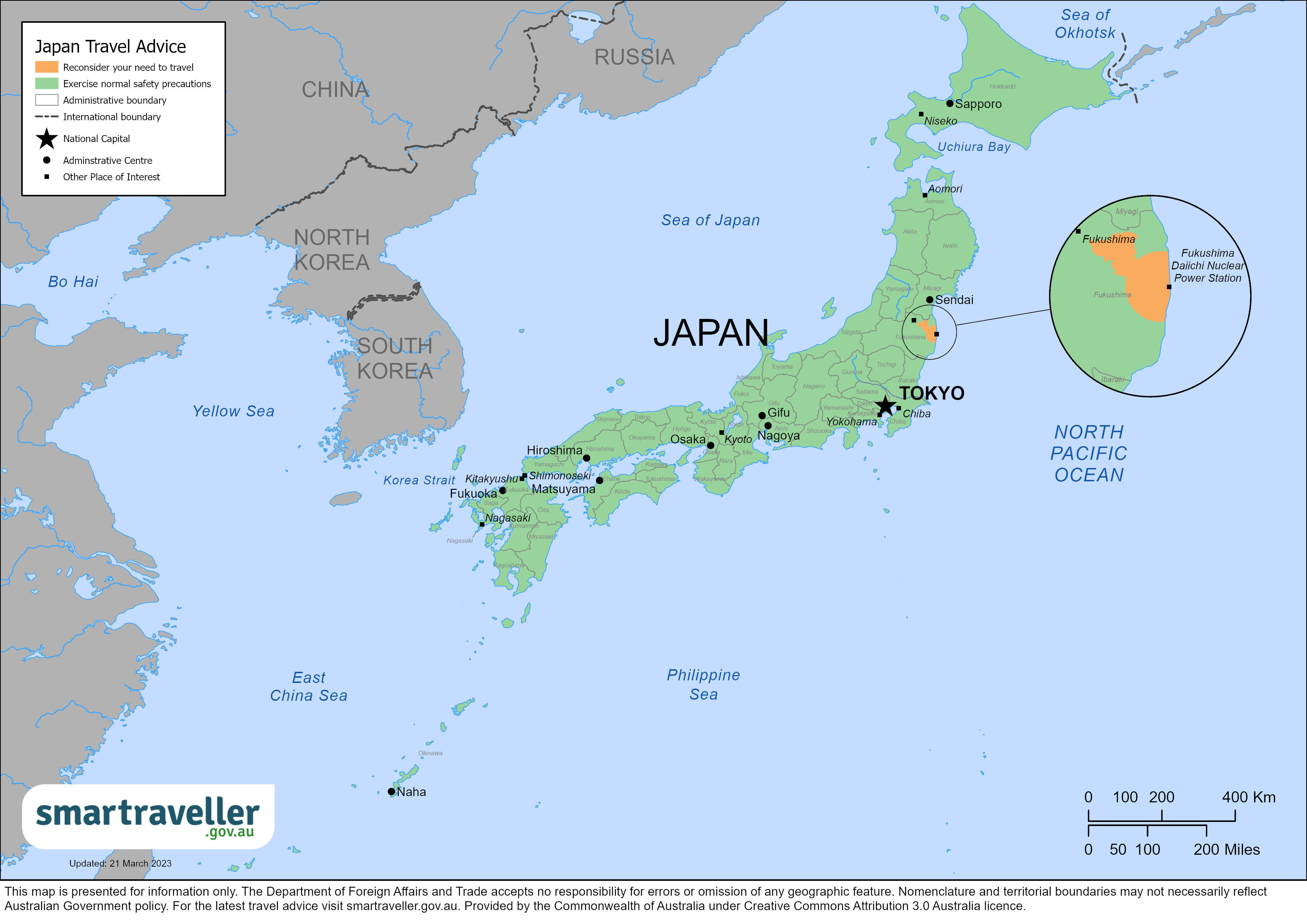
Japan (PDF 460.84 KB)
Asia (PDF 2.21 MB)
Local emergency contacts
Fire and rescue services, medical emergencies.
Call 110 or contact the local police at the nearest police station.
For Tokyo English-speaking Police, call 3501 0110 (Monday to Friday 8:30am to 5:15pm).
Advice levels
Reconsider your need to travel to the restricted areas near the Fukushima Dai-ichi nuclear power plant.
- Japan is prone to earthquakes and tsunamis. Japanese authorities have detailed plans to respond to natural disasters. In an earthquake, follow the advice of local authorities and emergency signage. Move to higher ground immediately if you're in a coastal region after a major earthquake. Check the Disaster Prevention Portal for more information.
- All major disaster warnings are published by the Japan Meteorological Agency . We recommend downloading NHK’s smart phone application to keep up to date with a natural disaster or other emergency alerts.
- A series of earthquakes occurred in Ishikawa Prefecture in Central Japan on and after 1 January 2024. Some infrastructure may remain impacted. Follow the advice of local authorities if travelling to affected areas.
- Regional tensions and the security situation, including with North Korea, could worsen with little warning. Tensions, which may affect Japan, could arise because of missile tests by North Korea. For advice see Japan's Civil Protection Portal Site .
- Japan has a low crime rate. Petty theft can happen, like bag snatching at popular tourist attractions. There's a risk of crime in bars and nightclubs. Crimes include overcharging, credit card fraud, forced withdrawal of large amounts of cash at ATMs, drink spiking and assault. Avoid taking large amounts of money and be vigilant in carrying your debit/credit card) when in bars or clubs and at parties.
Full travel advice: Safety
- Japan has strict rules about bringing medicine into the country, including some ingredients in ADHD and cold and flu medication. If you plan on bringing in medication, check if it's legal before you travel. See the Ministry of Health, Labour and Welfare website for more information.
- Restricted zones exist around the Fukushima Dai-ichi nuclear power plant. The 2011 earthquake caused the release of lethal radiation. Radiation levels in most parts of Japan, including Tokyo, are within the normal range.
- Medical facilities are of a high standard. You can find English-speaking medical staff in most major cities. You may need to pay upfront before you're treated.
Full travel advice: Health
- You must carry your passport (or Japanese residency card) with you at all times.
- Don't use or carry illegal drugs. Authorities can charge you if they find trace amounts of illegal drugs in your blood or urine.
- Japanese family law, including divorce and child custody, is very different to Australian law. For example, joint custody of a child after divorce is not a legal option, and there are limits to access for a non-custodial parent. The Family Courts in Japan generally consider that it is in a child's best interests for them to remain in their "usual place of residence". Courts, therefore, usually give sole custody to the parent who has taken care of the child most recently. If you're involved in custody or other family disputes, it is important to seek legal advice about your options both in Japan and in Australia. We have produced some general information about custody, child abduction and parental rights.
- Some employment agents mislead and encourage foreigners to work in Japan without the correct paperwork. If you want to work in Japan, verify the work offered and get the correct visa. Get legal advice before signing a contract.
- Japan has strict alcohol laws. The legal drinking age is 20. It's illegal to drive with any alcohol in your bloodstream. Allowing someone who has been drinking to drive is also illegal. Laws restrict alcohol consumption in specific areas on certain days, such as in Shibuya around Halloween night (31 October) and New Year's Eve. Smoking on the street is illegal in Tokyo and some other cities.
Full travel advice: Local laws
- Australians are eligible for Japan's visa exemption scheme for short-stay tourism and business travel. You don't need a visa to travel to Japan for up to 90 days. Entry and exit conditions can change at short notice. It is your responsibility to verify visa requirements from the nearest embassy or consulate of Japan.
- If you're travelling for any other reason, contact your nearest Japanese embassy or consulate to check if you need a visa, especially if you plan to work in Japan. Penalties may apply if you work in Japan on a tourist visa.
- It's dangerous to climb Mount Fuji from September to June.
- You can drive for up to 1 year with an Australian driver's licence and an International Driving Permit. If you're staying longer, you will need to obtain a local licence. Heavy snowfalls and ice in winter can make driving dangerous. It's illegal to drive with any alcohol in your bloodstream.
Full travel advice: Travel
Local contacts
- The Consular Services Charter details what we can and can't do to help you overseas.
- For consular help, contact the Australian Embassy in Tokyo or the Consulate-General in Osaka .
- To stay up to date with local information, follow the Embassy’s social media accounts
Full travel advice: Local contacts
Full advice
Terrorism is a threat worldwide.
Japan has security measures in place at key facilities, such as:
- public transport
- public event venues
- entry ports
More information:
- Terrorist threats
Regional Threats
Regional tensions and the security situation, including with North Korea, could worsen with little warning. Tensions, which may affect Japan, could arise because of missile tests by North Korea.
The Japanese Government has confirmed an increase in missile launch activity from North Korea towards Japan. At times, 'take shelter' alerts have been issued in some parts of Japan.
To stay safe:
- be alert to developments
- review the Civil Protection Portal Site advice from the Japanese Cabinet Secretariat for National Security Affairs and Crisis Management
- follow the instructions of local authorities
- check NHK World for the latest information
Japan has a low crime rate. Petty theft can happen, like bag snatching at popular tourist attractions from time to time.
There's a risk of crime in bars and nightclubs, especially in the Roppongi and Shinjuku (Kabuki-cho) entertainment areas of Tokyo. Both men and women have been targeted. You may be targeted with:
- overcharging
- fraudulent credit card charges
- forced withdrawal of large amounts of cash at ATMs
- drink spiking
- illegal drugs
You may be served drinks with higher alcohol content than normal. Some victims have woken in unknown places and discovered high credit card charges. Other victims have been taken to ATMs and forced to withdraw a large sum of cash while under the effects of drink spiking.
In these situations, you may find it hard to get a police report for your bank and travel insurer.
- never leave your drink unattended, and be cautious of accepting drinks from strangers or recent acquaintances
- don't take large amounts of cash to parties, bars, clubs or entertainment districts and be vigilant in carrying your debit/credit card
- Partying overseas
Cyber security
You may be at risk of cyber-based threats during overseas travel to any country. Digital identity theft is a growing concern. Your devices and personal data can be compromised, especially if you’re connecting to Wi-Fi, using or connecting to shared or public computers, or to Bluetooth.
Social media can also be risky in destinations where there are social or political tensions, or laws that may seem unreasonable by Australian standards. Travellers have been arrested for things they have said on social media. Don't comment on local or political events on your social media.
More information:
- Cyber security when travelling overseas
Mountain climbing and trekking
Trekking and mountaineering can be dangerous. Register your plans with local police before you go into the mountains, and take an emergency locator beacon with you.
Every year, a number of people die while trying to climb Mount Fuji.
Japanese Emergency Services warn against climbing from September to June when it's most dangerous. Check the official Mount Fuji Climbing website for each trail's climbing season dates.
Check your travel insurance covers you for extreme activities, such as mountain climbing.
Hikers and other travellers may encounter bears in parts of rural Japan. There have been incidents of fatal bear attacks. Some prefectural governments provide safety advice regarding bears.
If you plan to hike or camp in rural and mountainous areas of Japan:
- follow local safety advice and pay attention to
- warning notices
Snow sport safety
Back-country skiing (off-piste) and snowboarding is dangerous in most parts of Japan. You should stay within the boundaries of the ski resort.
Take an emergency locator beacon with you if you plan to explore other areas of the mountains.
Many travellers have suffered serious head injuries they could've prevented by wearing the right equipment.
Check your insurance policy covers you for snow sports.
Local ski resorts govern rules in each ski region. You can be arrested and detained for unruly behaviour.
If you're skiing in Japan:
- use a helmet and protective gear
- learn local rules and get weather updates from your hotel, a local tourism centre or the local ski resort
- obey local ski region rules
- only visit areas that local authorities mark as safe
- know what your travel insurance policy covers you for
Climate and natural disasters
A series of earthquakes occurred in Ishikawa Prefecture in Central Japan on and after 1 January. Some infrastructure may remain impacted. Exercise caution and follow local authorities' advice if travelling to affected areas.
Japan experiences natural disasters and severe weather , including:
- volcanic eruptions
- earthquakes
In an emergency, consular help may be severely limited.
Be prepared to deal with emergencies by:
- maintaining a basic emergency supply kit
- securing your passport in a safe, waterproof place
- follow the advice of local authorities, emergency services and local media updates. Make sure you react to any evacuation orders.
Disaster preparation
The Japan National Tourism Organization provides disaster preparation Safety Tips for visitors to Japan and other useful emergency information.
In any emergency or crisis, it's important to keep in contact with family and friends if possible.
The following stations broadcast emergency information in English:
- US Armed Forces station (810 AM)
- Inter FM (76.1 FM) in Tokyo
Japanese public broadcaster NHK provides a free smartphone app , which can be set to receive emergency notifications in English. This includes earthquake, tsunami, volcanic eruption, typhoon, and missile warnings.
If there's a natural disaster:
- follow local authorities' advice
- react to any evacuation orders
- monitor the media, other local information sources, and the Global Disaster Alert and Coordination System
- keep in contact with family and friends
Earthquakes and tsunamis
There's a constant risk of earthquakes and tsunamis.
The Japan Meteorological Agency provides information in English about earthquakes and tsunamis.
Know the dangers of a major earthquake and the emergency plan information in your area. Know where your local shelter is. This information is available from local or prefectural government offices, such as the Tokyo Metropolitan Government Disaster Prevention .
Local authorities are responsible during a crisis for helping people living or travelling within their jurisdictions.
If there's an earthquake:
- follow the advice of local authorities
- check the Japan Meteorological Agency for earthquake and tsunami information
- move to higher ground straight away if you're in a coastal region
Typhoons and severe weather
The typhoon season is from May to November, with most activity between July and September.
Local authorities broadcast current typhoon information through the local media and the Japan Meteorological Agency website.
If there's a typhoon approaching:
- check the latest typhoon information from the Japan Meteorological Agency’s website
- be alert to landslide risk areas
If there is heavy rain, stay indoors. If necessary, evacuate to a place on the second floor or higher. Find out the location of your nearest evacuation shelter and move there when safe to do so.
Keep away from areas with:
- steep hills at risk of landslides
- flooded streets
Be careful of fallen electrical lines.
Japan has 110 active volcanoes.
The Japan Meteorological Agency has a list of the latest volcano warnings.
If you plan to visit a volcanic area:
- be aware of alert levels, which can change at short notice
Winter weather
Parts of Japan experience heavy snowfalls and extremely low temperatures in winter.
Conditions can change suddenly.
Each year, people are injured or killed in snow-related incidents, including:
- motor vehicle accidents
- ice falling from roofs
- prolonged exposure to extreme cold
- ski accidents
Walking alone or under the effects of alcohol, or straying from marked trails, can be fatal.
Avalanches are common and heavy snowstorms can create deep powder snow drifts.
Travel insurance
Get comprehensive travel insurance before you leave.
Your policy needs to cover all overseas medical costs, including medical evacuation. The Australian Government won't pay for these costs.
If you are travelling while pregnant, confirm that your policy covers both your pregnancy and your baby in the event of a premature birth. Medical services for premature babies can cost over $A 150,000. See the advice for pregnant travellers page for more information.
If you can't afford travel insurance, you can't afford to travel. This applies to everyone, no matter how healthy and fit you are.
If you're not insured, you may have to pay many thousands of dollars up-front for medical care.
- what activities and care your policy covers
- that your insurance covers you for the whole time you'll be away
Physical and mental health
Consider your physical and mental health before you travel, especially if you have an existing medical condition.
See your doctor or travel clinic to:
- have a basic health check-up
- ask if your travel plans may affect your health
- plan any vaccinations you need
Do this at least 8 weeks before you leave.
If you have immediate concerns for your welfare, or the welfare of another Australian, call the 24-hour Consular Emergency Centre on +61 2 6261 3305 or contact your nearest Australian Embassy, High Commission or Consulate to discuss counselling hotlines and services available in your location.
Different environments, unfamiliar customs and language barriers may worsen existing mental health conditions. They may also trigger new issues.
Mental health treatment and services can differ to those in Australia.
If you need counselling services in English while in Japan:
- call TELL Lifeline (+81 3) 5774 0992
- call TELL Counselling (+81 3) 4550 1146
- General health advice
- Healthy holiday tips (HealthDirect Australia)
Not all medication available over the counter or by prescription in Australia is available in other countries. Some may even be considered illegal or a controlled substance, even if prescribed by an Australian doctor.
Japan has strict rules about bringing medication into the country. This affects both medication imports and medication you carry for personal use.
There are 4 categories (PDF 250 KB) of medicine. These are:
- psychotropic
You may need a permit or certificate to take medication into Japan. This will depend on the medication's classification, name and quantity.
Some medication is banned, including:
- the stimulant dexamphetamine, used to treat ADHD
- pseudoephedrine, found in some cold and flu tablets
Authorities could detain you if you're found with them.
For narcotic medications, including codeine, morphine and oxycodone, apply for a Narcotic Certificate. If you don't have this certificate when you enter Japan, authorities may confiscate the medication.
If you plan to bring medication, check if it's legal in Japan. Take enough legal medication for your trip. See the Ministry of Health, Labour and Welfare for more information.
Carry a copy of your prescription and a letter from your doctor stating:
- what the medication is
- your required dosage
- that it's for personal use
- Bringing medication into Japan
Health risks
Restricted areas exist around the Fukushima Dai-ichi nuclear power plant. The 2011 earthquake caused the release of lethal radiation. Radiation levels in almost all parts of Japan, including Tokyo, are within the normal range.
Monitor advice by the Japanese Government . There are ID checks points into the Restricted Areas . Do not enter without permission.
The Australian Radiation Protection and Nuclear Safety Agency (ARPANSA) provides details on radiation in Japan. ARPANSA has assessed the radiation levels in most parts of Japan, including Tokyo, to be within the normal range.
- Ministry of Health, Labour and Welfare
- Ministry of Economy, Trade and Industry
- Nuclear Regulation Authority
Insect-borne diseases
Japanese encephalitis can occur in Japan's rural areas. Get vaccinated against Japanese encephalitis before you travel.
To protect yourself from disease:
- make sure your accommodation is insect-proof
- use insect repellent
- wear long, loose, light-coloured clothing
Measles and rubella
Measles and rubella cases have been reported in Japan in recent years.
Make sure your vaccinations are up to date before you travel.
- Infectious diseases
- Measles immunisation service
- Rubella immunisation service
Medical care
Medical facilities.
Medical facilities are of a high standard. You can find medical facilities with English-speaking staff in most major cities, however, you may have difficulties finding English-speaking medical staff in some parts of Japan.
Medical care in Japan can be expensive. You may need to pay up-front or give a guarantee that you'll cover costs before you're treated.
The Japan National Tourism Organization lists hospitals with English and other foreign language-speaking staff.
There are many hospitals with decompression chambers in areas where diving is popular.
Medical information for Japan
You're subject to all local laws and penalties, including those that may appear harsh by Australian standards. Research local laws before travelling.
If you're arrested or jailed, the Australian Government will do what it can to help you within the scope of our Consular Services Charter , but we can't get you out of trouble or out of jail.
See the Australian Embassy Tokyo website for more information about arrests in Japan.
Be aware that you won't be allowed to make a phone call if you are arrested in Japan. You can also be detained for up to 23 days without any formal charge.
Authorities can arrest and charge you if they find trace amounts of illegal drugs in your blood or urine.
- Carrying or using drugs
- Tokyo Metropolitan Government
Japanese family law, including divorce and child custody, is very different to Australian law. For example, joint custody of a child after divorce is not a legal option, and there are limits to access for a non-custodial parent. The Family Courts in Japan generally consider that it is in a child’s best interests for them to remain in their “usual place of residence”. Courts therefore usually give sole custody to the parent who has taken care of the child most recently.
If you're involved in custody or other family disputes, consult a lawyer before you leave Australia or if you are already in Japan. We have produced some general information about custody, child abduction and parental rights.
Australia and Japan are both parties to The Hague Convention on the Civil Aspects of International Child Abduction.
If you're concerned that your child has been wrongfully removed to or detained in Japan, contact the Attorney-General's Department in Australia.
- Travelling with children
Employment law
Some employment agents may mislead and encourage foreigners to work in Japan without:
- the correct visa
- financial arrangements in place
This could leave you open to exploitation and prosecution.
Authorities have arrested Australians for working in the entertainment industry while in Japan on tourist visas.
If you want to travel to Japan for work:
- check the true nature of the work offered
- get the correct visa before arriving in Japan
- get legal advice before signing any contract
Living or working overseas
Police powers
Police can stop you on the street, demand identification and search you and your belongings.
If you're in a public place, police can seize:
- knives longer than 5.5cm, including blades and penknives
- any other weapons or things you could use as weapons
- any item they reasonably suspect you stole or have unlawfully
If they find any of these items on you, it’s likely that police will detain you.
If you're arrested, police can detain you for up to 23 days without charge, including for offences you might think are minor. Police might hold you for weeks or months while they investigate and undertake legal proceedings.
The initial police interview could last several hours. Police might record it in writing rather than electronically.
Under Japanese law, you can:
- remain silent
- access legal representation
- have an interpreter provided
However, in Japan police can question you without your lawyer present.
English interpreters may be substandard. Get a list of English-speaking lawyers around Japan from the Australian Embassy website.
If you're visiting Japan short-term as a tourist or for business, you must always carry your passport.
If you live in Japan, you must always carry your residence card.
It's illegal to:
- buy or drink alcohol if you're under 20 years old
- drive with any alcohol in your bloodstream
- allow someone under the influence of alcohol to drive a vehicle in which you're a passenger
The following activities are also illegal:
- importing or possessing firearms or other weapons without a permit
- smoking on the streets in some parts of Tokyo and other cities
- using UHF-CB radios (walkie-talkies) that don't meet Japanese standards, such as those purchased outside Japan
- resisting arrest or other actions that obstruct an official's duties
- flying a drone without a permit in many areas of Japan. Strict regulations apply under aviation laws
- having illegal drugs in your body (detected by urine testing).
Penalties for serious crimes, such as murder, include the death penalty.
Other sentences can include:
- heavy fines
- lengthy jail terms with hard labour
- deportation
Australian laws
Some Australian criminal laws still apply when you're overseas. If you break these laws, you may face prosecution in Australia.
- Staying within the law
Dual citizenship
Japan recognises dual nationality until the age of 20, after which the dual national must decide which nationality to retain.
- Dual nationals
Visas and border measures
Every country or territory decides who can enter or leave through its borders. For specific information about the evidence you'll need to enter a foreign destination, check with the nearest embassy, consulate or immigration department of the destination you're entering.
Australians are eligible for Japan's visa exemption scheme for short-stay tourism and business travel.
You don't need a visa if you're visiting for less than 90 days:
- as a tourist
- for a business trip or conference
- to visit friends and family
After entering under the visa exemption scheme, entry status cannot be changed to another visa status without departing and then re-entering Japan with the appropriate visa, such as a spouse, work, or study visa.
See the Embassy of Japan in Australia website for more information (including eligibility and required documents).
See the Ministry for Health, Labour and Welfare and the Ministry of Foreign Affairs websites for full details on entry requirements.
More information
- Immigration Bureau of Japan (Government of Japan)
- Customs and Tariff Bureau of Japan (Government of Japan)
Border measures
If you're transiting through Japan and your onward flight is leaving from a different airport, you must enter Japan. In order to transit between airports you will need to meet the entry requirements detailed above.
Please confirm any questions about transit directly with your airline.
Other formalities
You'll be photographed and fingerprinted electronically when you arrive, even if you're a permanent resident in Japan. If you refuse, immigration officers could deny you entry.
Travellers aged under 16 years, or who hold a diplomatic or official visa, are exempt.
If you'll be staying in Japan long term, you will need to register your details with the Immigration Bureau of Japan before arriving. Once you present the correct landing permission, you'll get a residence card. You must always carry it with you.
Ministry of Internal Affairs and Communication
Some countries won't let you enter unless your passport is valid for 6 months after you plan to leave that country. This can apply even if you're just transiting or stopping over.
Some foreign governments and airlines apply the rule inconsistently. Travellers can receive conflicting advice from different sources.
You can end up stranded if your passport is not valid for more than 6 months.
The Australian Government does not set these rules. Check your passport's expiry date before you travel. If you're not sure it'll be valid for long enough, consider getting a new passport .
Lost or stolen passport
Your passport is a valuable document. It's attractive to people who may try to use your identity to commit crimes.
Some people may try to trick you into giving them your passport. Always keep it in a safe place.
If your passport is lost or stolen, tell the Australian Government as soon as possible:
- in Australia, contact the Australian Passport Information Service .
- if you're overseas, contact the nearest Australian embassy or consulate .
If you lose your passport while travelling in Japan, try retracing your steps. Lost items are often handed into hotels, shop owners, train stations and police boxes.
It's important to look after your passport carefully. Passports that have gone through a washing machine or exposed to heavy rain will likely need to be replaced.
Passport with ‘X’ gender identifier
Although Australian passports comply with international standards for sex and gender, we can’t guarantee that a passport showing 'X' in the sex field will be accepted for entry or transit by another country. Contact the nearest embassy, high commission or consulate of your destination before you arrive at the border to confirm if authorities will accept passports with 'X' gender markers.
- LGBTI travellers
The Japanese currency is the Yen (JPY).
No restrictions apply to bringing foreign currency in or out of the country. Declare all amounts more than JPY 1 million or equivalent, when you arrive or leave. This covers all forms of currency, not only cash.
Cash is preferred in most places, but cards are becoming more widely used, especially in major cities.
Hotels accept major credit cards. Credit cards are still not widely accepted outside major cities.
Some ATMs at banks and convenience stores don't accept foreign cards.
Ask your bank if your cards will work in Japan.
Local travel
Check the Japan National Tourism Organization for emergency updates in English. The site also has advice on safe and hassle-free travel in Japan.
Fukushima and surrounding areas
There are some restricted areas around the Fukushima Dai-ichi nuclear power plant. This is due to the 2011 earthquake that resulted in the release of lethal radiation. The Japanese Government specifies these areas.
If you must stay overnight in restricted areas, ask local authorities for advice on how to minimise health risks.
Monitor and follow the advice from local authorities.
- Australian Radiation Protection and Nuclear Safety Agency (ARPANSA)
Travelling in Japan with a Disability
Japan has a number of resources available online with tips and advice on travelling around Japan as a tourist with a disability.
- Japan Travel – Traveling with a disability
- Japan Accessible Tourism Center
- Accessible Travel Japan
- Advice for travellers with a disability
Driving permit
To drive in Japan, you must hold either:
- a valid Japanese driver's licence, or
- a valid International Driving Permit (IDP) and a current Australian driver's licence
After 365 days, you need to get a Japanese licence.
Get your IDP before leaving Australia.
- Driving in Japan
- Tokyo Metropolitan Police Department
Road travel
Roads and vehicles are mostly well-maintained and traffic is orderly.
Vehicles travel is on the left-hand side like in Australia. In Japan it's illegal to drive with any alcohol in your bloodstream.
Heavy snowfalls and ice in the winter can make driving dangerous, especially if you are unaccustomed to driving in these conditions. Ensure your vehicle has the necessary equipment, including snow tyres, chains, and a dig-out kit. More information:
Driving or riding
Motorcycles
Check your travel insurance policy covers you for riding motorbikes.
Always wear a helmet.
It's safe to use taxis in Japan.
Taxi drivers usually open and shut the rear passenger doors remotely.
Public transport
Japan has modern and reliable rail and bus services.
Transport and getting around safely
DFAT doesn't provide information on the safety of individual commercial airlines or flight paths.
Check Japan's air safety profile with the Aviation Safety Network.
Passenger ferries depart from Tokyo (Yokohama) to many destinations across Japan as well as Asia.
Several international cruises stopover in Japan.
- Going on a cruise
Japan National Tourism Organization (JNTO)’s Tourist Information Center accepts telephone enquiries 24 hours a day. Call (+81 3) 3201 3331.
Contact your provider with any complaints about tourist services or products.
You can also contact the National Consumer Affairs Center of Japan’s Consumer Hotline for Tourists. Call (+81 3) 5449 0906 from Monday to Friday 10am to 4pm, excluding national holidays.
Emergencies
Depending on what you need, contact your:
- family and friends
- travel agent
- insurance provider
Always get a police report when you report a crime.
If a report is hard to get, seek advice from a lawyer or the English-speaking Police.
Your travel insurer should have a 24-hour emergency number.
Mental health services
Call TELL Lifeline services in English 5774 0992.
Call TELL Counselling services in English 4550 1146.
Living in Japan
English information on living in Japan is available from the:
- Japanese Cabinet Office
- Council of Local Authorities for International Relations
- Tokyo International Communications Committee
In Tokyo, for advice from the Foreign Residents' Advisory Centre , call (+81 3) 5320 7744.
Consular contacts
Read the Consular Services Charter for what the Australian Government can and can't do to help you overseas.
For consular assistance, contact the Australian Embassy in Tokyo or Australian Consulate-General in Osaka .
Australian Embassy, Tokyo
2-1-14 Mita, Minato-ku
Tokyo 108-8361
Phone: (+81 3) 5232 4111
Fax: (+81 3) 5232 4057
Website: japan.embassy.gov.au
Email: [email protected]
Facebook: Australian Embassy Japan
Instagram: @australianinjpn
X: @AustraliaInJPN
Check the Embassy website for details about opening hours and any temporary closures.
Australian Consulate-General, Osaka
16th Floor, Twin 21MID Tower
2-1-61 Shiromi, Chuo-ku
Osaka 540-6116
Phone: (+81 6) 6941 9271 or (+81 6) 6941 9448
Fax: (+81 6) 6920 4543
Website: japan.embassy.gov.au/tkyo/location_osaka.html
24-hour Consular Emergency Centre
In a consular emergency, if you can't contact an embassy, call the 24-hour Consular Emergency Centre on:
- +61 2 6261 3305 from overseas
- 1300 555 135 in Australia

Travelling to Japan?
Sign up to get the latest travel advice updates..
Be the first to know official government advice when travelling.
Your essential Japan travel guide
A japan travel guide.
Japan is a country of contrasts. From the snowy northern reaches of Hokkaido to the subtropical islands of Okinawa. From the historic shrines and castles of the feudal towns to the futuristic electronic superstores in Tokyo. And as a foodie, who could ignore the contradictions of a simple bowl of rice that must remain completely unadorned to the complex and perfectly balanced traditional kaiseki-ryōri menu.
You are never quite sure what to expect next in Japan but it’s almost certainly going to be an experience you won’t forget in a hurry. We love to travel in Japan, to share what we’ve seen and to plan our future trips – we hope this Japan Travel Guide will be helpful to you too.
If you’re here in the early stages of planning your trip you may want to browse the full content – you can click the link to head directly to our archive of travel in Japan articles to browse for inspiration. However, there are now hundreds of posts on this incredible country so if you scroll down below we’ll group it into regions and categories that should help you find what you are looking for much faster.

If you’re looking for something specific you can also try the search function. There’s a magnifying glass icon at the top right of every page to start searching and articles have a search widget in the sidebar. Just type a word or a phrase and it will return the nearest matches.
If you’re stuck or have specific questions about Japan travel you can get in touch through our Contact Us page or leave a comment below or the relevant posts. We try to respond to all comments within 48 hours.
Where to visit in Japan
From the big cities to the small towns, regional cities, onsen towns, ski villages and island beach resorts there is so much to discover in Japan. These are some of our favourite destinations to travel to in Japan, with linked articles on things to do, what to see, self-guided walking tours, best spots for foodies and more. Just click the button to view content from that region.
Tips on Transport in Japan
We have a range of posts to help you get around in Japan and understand the value and convenience of different transport options. We suggest you start with the top tips section that provides an overview of transport in Japan .
You’ve probably heard a lot about the Japan Rail Pass and a variety of opinions on it. For well over a decade we had fantastic value on this pass on almost all of the trips we did to Japan but in October 2023 that all changed. The pass had a massive price increase making it almost impossible to get your money’s worth from it now. We have a full guide to help you work through whether a Japan Rail Pass is right for you and your itinerary but for most travellers now the answer will be no.

The Tokyo subway is well worth getting your head around early in your stay in the city. It’s fantastic, a clean, efficient and cost-effective way to get around but at first glance, the subway map can be a little daunting. Reading our guide on getting around like a local on the Tokyo subway will have you hopping on and off with confidence.
You will likely use a mix of transport options in Osaka. The subway and trains from Japan Rail and private networks are all very useful depending on where you are staying and where you are going. The Osaka Amazing Pass can be worth checking out if you have a couple of days in the city providing entry to many of the main attractions and several transport options included.
If you are having a night at the Hakone Onsens or are planning to make a day trip from Tokyo the Hakone Freepass can represent good value, we have a full explanation of the pass and a suggested course to get around all the attractions in the linked article.
Japan Cultural & Travel tips for visitors
The heritage and culture of Japan are major drawcards for tourists. Knowing something about the traditions and festivities you are likely to spot on your travels can add significantly to the enjoyment of the trip.
Buddhist Temples and Shinto Shrines are primarily places of worship but many also hold significant interest for both domestic and international visitors. Visitors are welcome and are not expected to worship. Understanding what happens in Shinto Shrine and the etiquette for visiting one may make the visit more interesting.
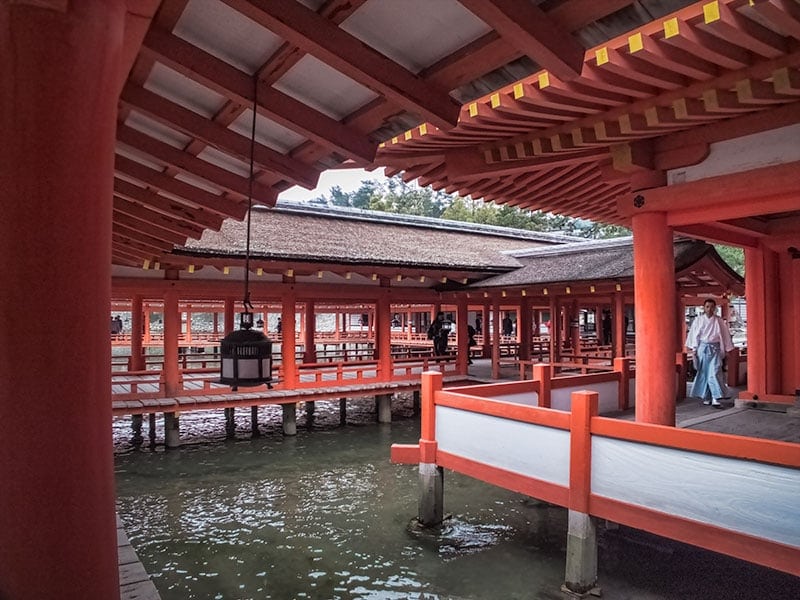
At the larger shrines, you may spot a wedding procession or ceremony in progress. The elaborate wedding kimonos of Japanese brides are stunning and we explain a few of the key elements in this post so you can spot them and tell them apart from other opulent ceremonial kimonos you may occasionally see being worn such as those of Geisha in the shrines during events such as Setsubun or other women taking part in ceremonies such as Kenka-sai at Fushimi Inari.
Celebrating the New Year in Japan is one of the most important holidays of the year and one where many Japanese will return to their hometown and extended families. Around the New Year, you may notice some attractions and restaurants are closed because of this. Bullet trains can also be especially busy so try to book a little ahead if you can.
Which Season to Visit Japan
In our local sub-tropical climate the seasons aren’t clearly defined so it’s such a novelty to experience them in Japan. They are each unique and something to celebrate, not just for the change in weather but you’ll find the natural landscape, the festivals and the styles of food are all quite different.
There is no right time and it can be hard to choose when to visit with some many attractions in each. Spring in Japan brings cherry blossoms, hanami gatherings beneath the trees, and sakura -flavoured drinks and sweets. While the peak lasts only for a matter of days all stages are a cause for celebration from bud burst to the dramatic peak flowering to Hazakura when the petals fall and leaves begin to burst.
Check the latest cherry blossom forecast
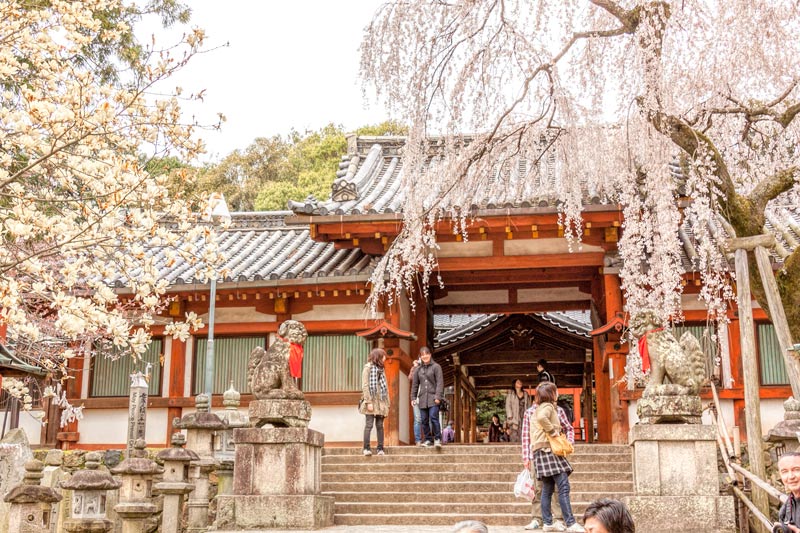
Many other flowers follow the sakura and each is dramatic in its own way including the wisteria which forms flowering tunnels at popular spots like Ashikaga Flower Park and baby blue eyes which bloom in drifts in parks like Showa Kinen in Tokyo.
During Summer in Japan , it can be very hot and humid. Modern shopping centres, hotels and public transport are air-conditioned but many restaurants and shops aren’t so be prepared with plenty of drinks and a fan. Summer also brings rain making the landscape very green and Japanese gardens and parks are arguably at their most beautiful. During summer there are a lot of festivals and fireworks, and young Japanese women will often attend dressed in colourful yakata which is a simpler and lighter version of the traditional kimono.
Autumn in Japan is one of our favourite seasons to visit. The autumn leaves in their jewel tones are stunning both in formal gardens and wild on the hillsides, they have a longer season than sakura and it is possible to see a great display from mid-November to early December around the major cities including Tokyo, Osaka, Kyoto and Hiroshima. The season extends earlier as you go north and later as you head south into Kyushu Island.
There are fewer celebrations and events at this time of year but the gardens and parks look great. It is warm enough to be out dressed in light layers most days but cool enough to walk for miles every day without overheating.
The Winter in Japan varies significantly from north to south. In Hokkaido and northern Honshu, there is thick snow layered on the ground during winter and a variety of snow-based activities and festivals. The soft powder snow and well-maintained runs make the ski resorts throughout the area popular with skiers and snowboarders from around the world.
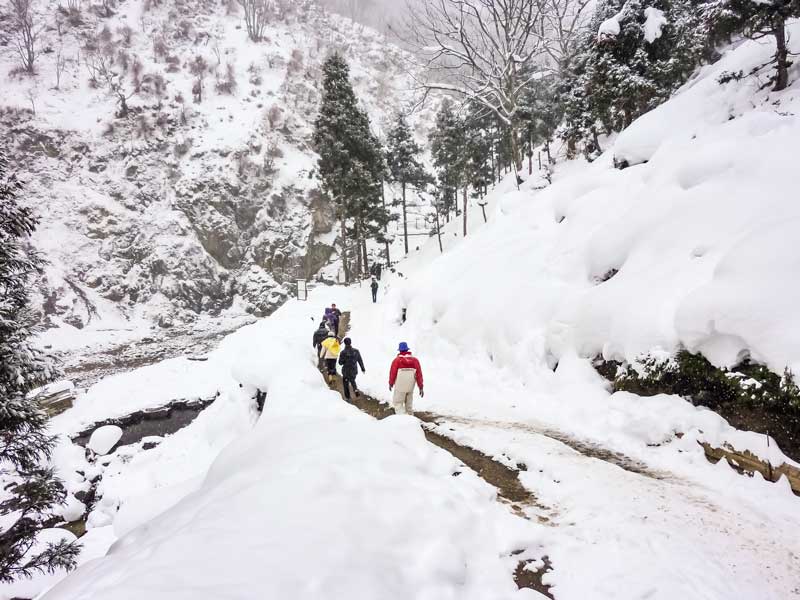
Through the more central cities of Tokyo, Yokohama, Nagoya, Kyoto, Osaka and Hiroshima snow falls only occasionally and it rarely sits on the ground for more than a few hours. Winters are cold enough to require a heavy winter coat and parks and gardens are generally quite brown and bare until the plum blossom bursts again in February. It’s the perfect time for a short break to an onsen town to soak in the hot and therapeutic water.
Festivals & Events in Japan
There are so many fabulous festivals in Japan and they are a great way to interact with the local community. They also provide an opportunity to learn a little about the history and culture of the country. This link will take you to a full list of our festival and event posts or you can follow the links below to some of the more popular ones.
- Setsubun Eve celebrations in Kyoto and all about the spring Setsubun celebration across the country
- Held at Kiyomiudera Temple Seiryu-e acknowledges the dragon of the eastern hills that protects Kyoto
- The Nagahama Matsuri is a truly local festival with an interesting history in a small historic castle town during April but is also worth a visit during February for Bonbai .
- The Sapporo Snow Festival and Otaru Snow Gleaming are winter festivals on the northern island of Hokkaido
- In shrines in mid-November, you may notice a special festival for the 3, 5 and 7-year-olds who attend in their tiny kimono.
- Major festivals like the Sapporo Snow Festival are well worth getting along to experience for their scale and drama but the smaller localised events are also worth including such as the nearby Otaru Snow Gleaming .

An Adventure in Japanese Food
Finally one of the essentials of travel is to enjoy, or at least try, the local cuisine. There are so many dishes that I love in Japan, a handful I was happy to try once or twice and very very occasionally something that I choose not to eat such as at the whale meat restaurant in an arcade near Odori Park in Sapporo.
Foodie markets are held all across the country and are great places to explore the food culture and try some specialty local ingredients and dishes. We have enjoyed a range of Japanese food markets and highly recommend getting to the Nishiki market in Kyoto , Kuramon Market in Osaka and Hakodate Seafood Market in Hokkaido.
For a few more ideas for the foodie traveller, you might find these articles helpful
- Omen Restaurant in Gion
- The tea lovers guide to Japanese tea
- A tea ceremony in Kyoto hosted by a Geisha
- Understanding and booking a tea ceremony in Japan
- The delicious dishes you must try in Kyoto
- 20 street foods to enjoy in Japan and where to find them
- A food tour in the heritage Gion area of Kyoto
- Street food and izakaya tour in Asakusa in Tokyo
- Exploring Japanese food culture in Ueno, Tokyo
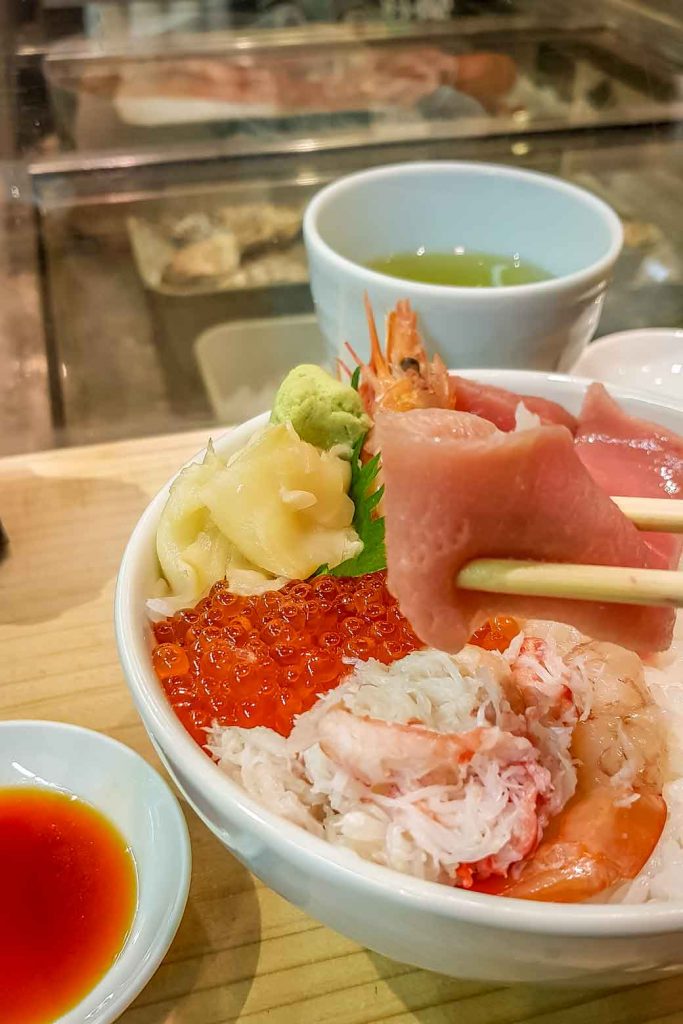
Other Japan articles you might like

A Visitors Guide to Miyajima Island
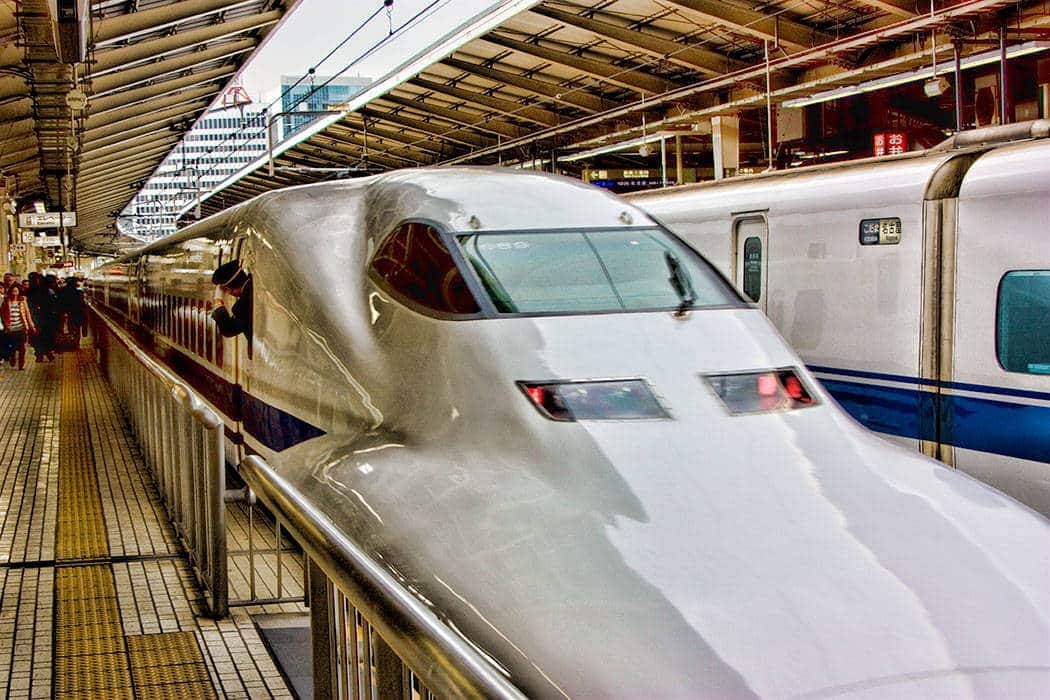
16 of the best day trips from Kyoto
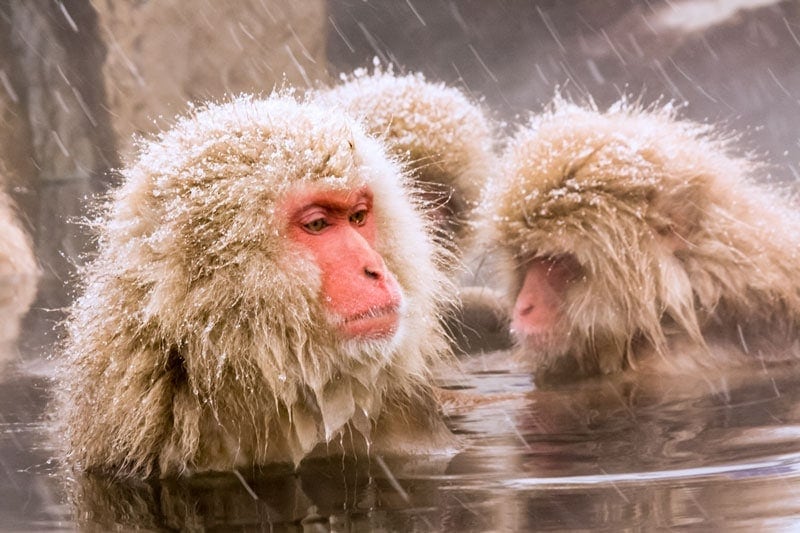
Snow Monkeys daytrip from Tokyo

Is the Japan Rail Pass worth it in 2024? Everything you need to know
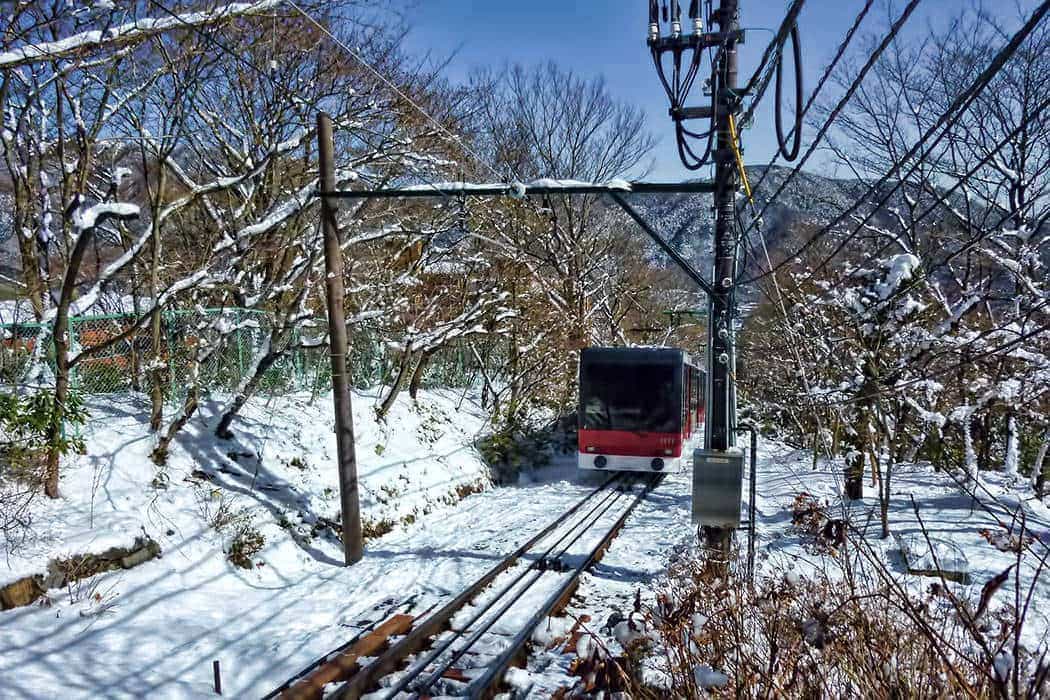
Hakone Freepass | Is it good value?
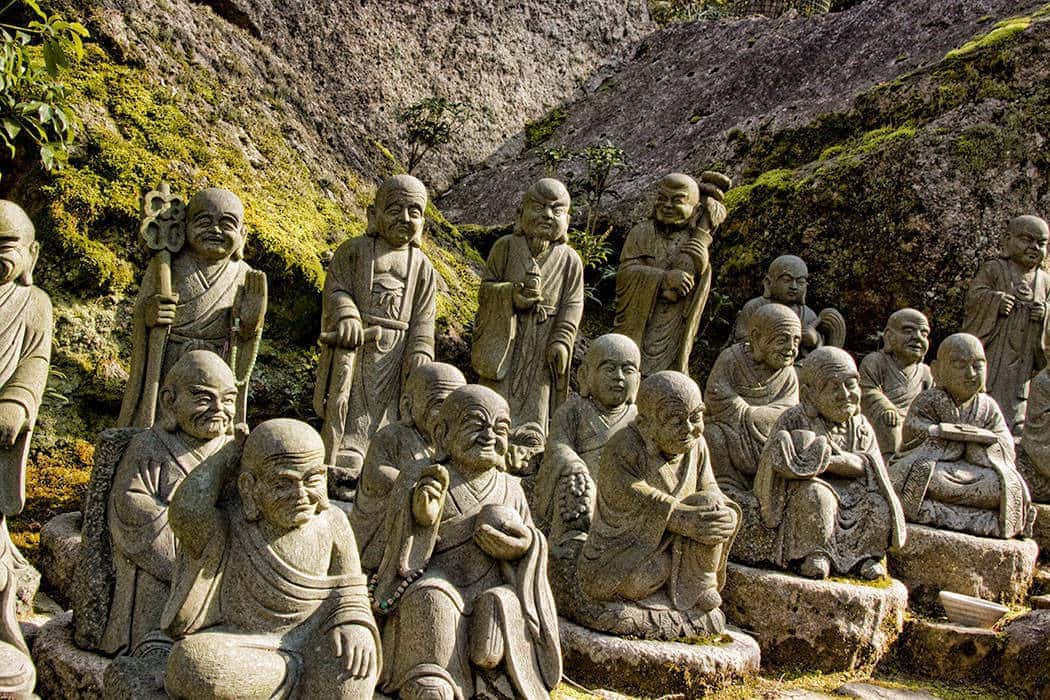
Daisho-in temple on Miyajima Island
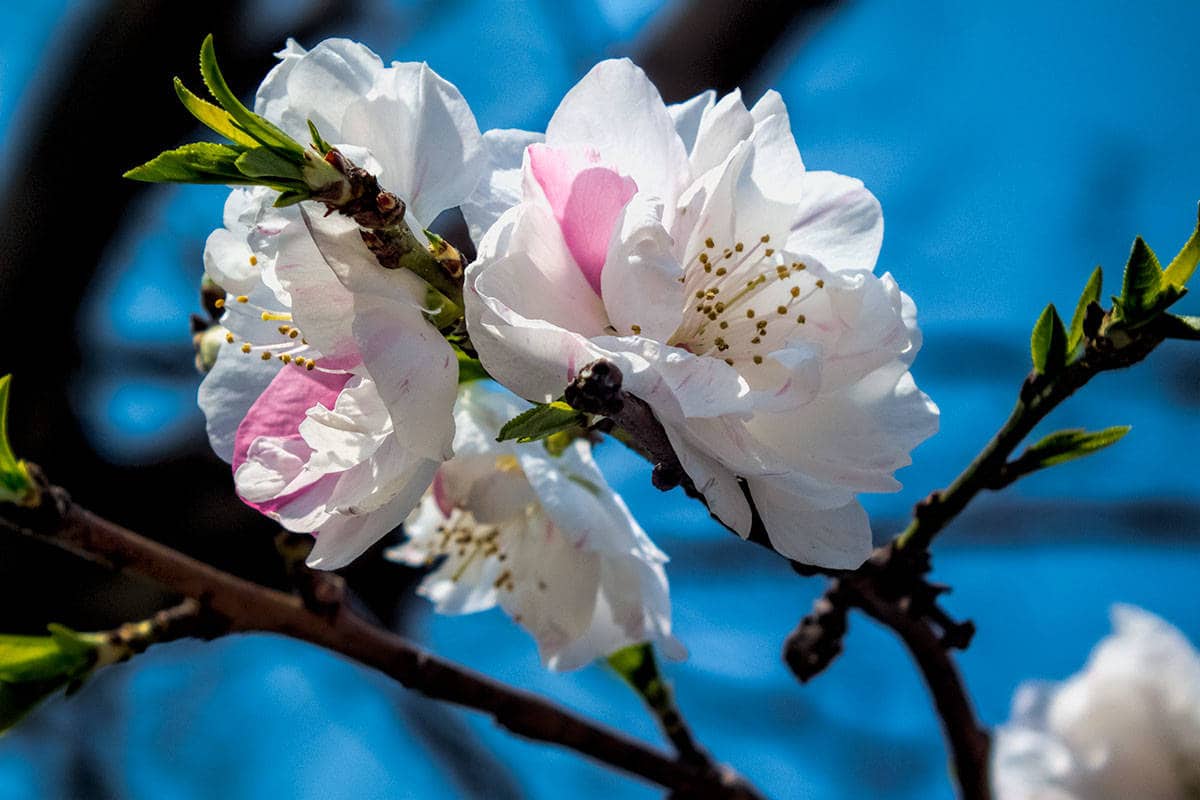
Is that stunning blossom Sakura or Ume?
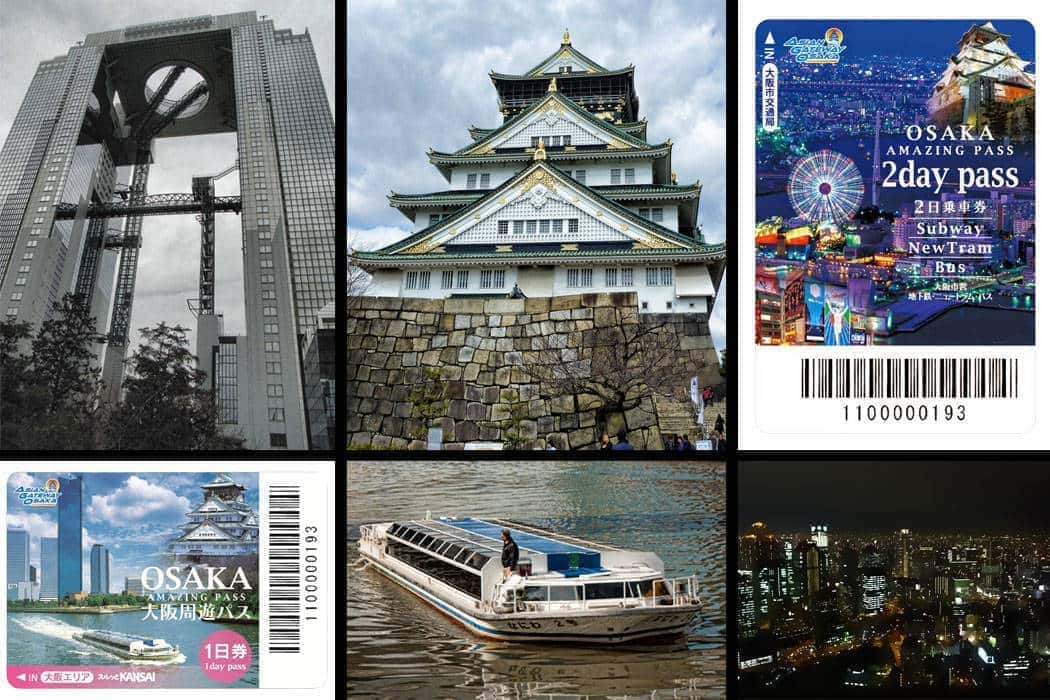
Osaka Amazing Pass | Is it good value?

Philosophers Path in Kyoto
This site uses Akismet to reduce spam. Learn how your comment data is processed .
- Travel Planning Guide
A Travel Comparison for Vacations, Honeymoons, and Tours Australia vs. Japan
Should you visit australia or japan, which country is cheaper, japan or australia.
Should I visit Australia or Japan? This is a popular question for many travelers. By figuring out which country is more expensive, you'll understand where you'll get more bang for your buck. A week in Japan can cost you about $865 (per person), while a week in Australia may cost you around $1,139. These differences become even more noticable if you plan to spend a longer time in the country. 10 days , two weeks , or even one month of travel to Japan or Australia can really add to your travel budget.
Accommodation is often cheaper in Japan compared to Australia ($59 vs. $70). Budget travelers usually stay in less expensive hostels and guest houses, while nicer hotels often appeal to families and upscale travelers.
Compare hotel prices here: Australia Hotel Prices and Japan Hotel Prices .
Or, compare hostel and guesthouse prices between Japan and Australia to find the cheapest accommodation here: Japan hostels and Australia hostels .
When comparing food in Australia vs. Japan they are not just different in cuisine, but also in price. Meal and restaurant costs in Australia ($35) are often cheaper than Japan ($30).
- Australia Prices Japan Prices
- Average Daily Cost Per person, per day Australia $ 163 Japan $ 124
- Accommodation Hotel or hostel for one person Australia $ 70 Japan $ 59
- Accommodation Typical double-occupancy room Australia $ 140 Japan $ 118
- Local Transportation Taxis, local buses, subway, etc. Australia $ 30 Japan $ 18
- Food Meals for one day Australia $ 35 Japan $ 30
- Entertainment Entrance tickets, shows, etc. Australia $ 31 Japan $ 19
- Alcohol Drinks for one day Australia $ 14 Japan $ 15
- Water Bottled water for one day Australia $ 3.59 Japan $ 4.47
How much are flights to Australia and Japan?
The price of a plane ticket may help you decide which country you should visit.
Find a Hostel in Australia or Japan
Hostels, guest houses, and locally owned B&B's are often the cheapest form of accommodation.
Related Articles for Australia
Related articles for japan, when is the best time to visit australia and japan.
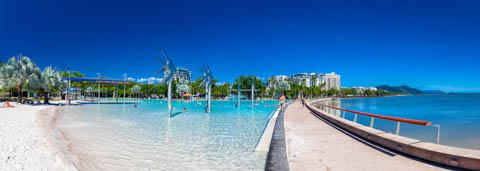
Why is Australia more expensive than Japan?
What are the most expensive and cheapest cities and regions in australia and japan.
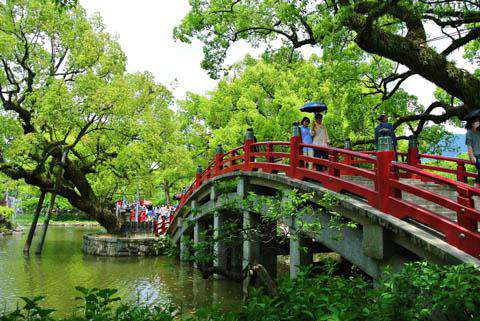
How you can save money when visiting Australia and Japan?
Subscribe to our newsletter.
By signing up for our email newsletter, you will receive occasional updates from us with sales and discounts from major travel companies , plus tips and advice from experienced budget travelers!

More Country Comparisons
For australia, pin this page.

- Privacy / Terms of Use
- Activities, Day Trips, Things To Do, and Excursions
- Destinations
Aussies warned to be across new tourist ban in Kyoto, Japan
Aussies heading to Japan are warned to be aware of a new tourist ban in one of Kyoto’s most popular sightseeing spots.


Big mistake Aussies keep making in Japan
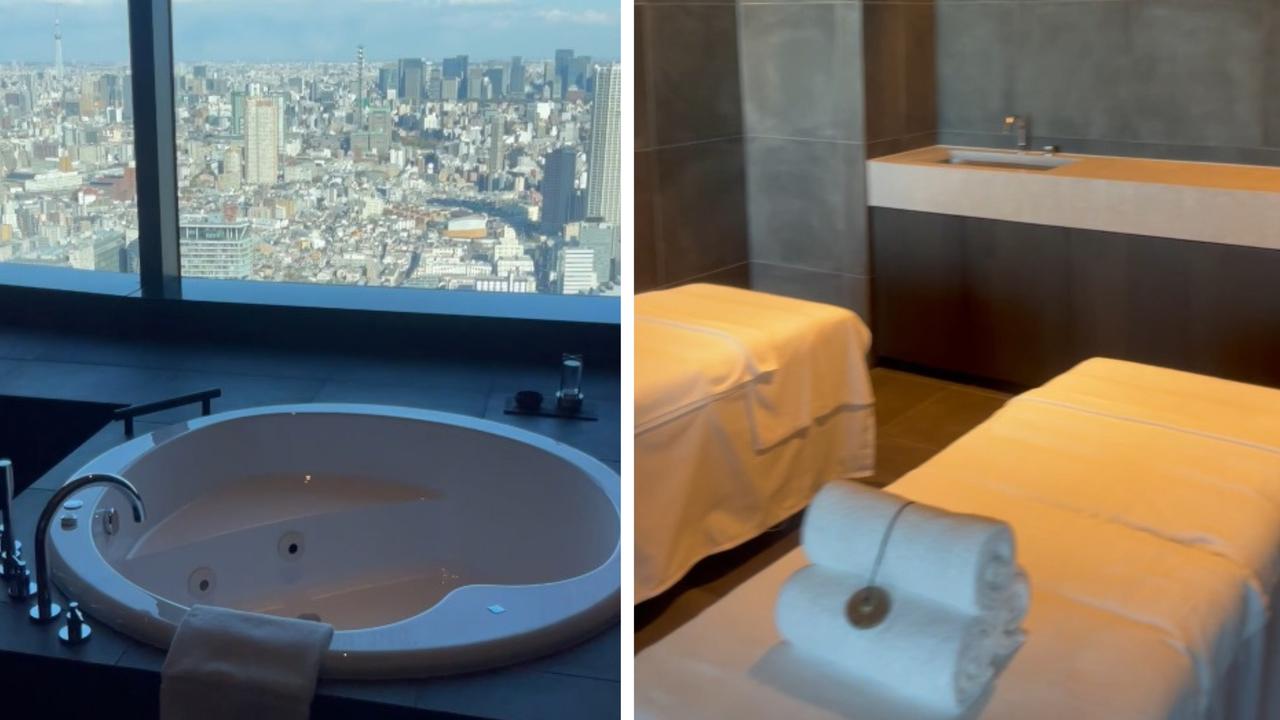
Wild details inside $32k-a-night hotel room

‘People were weeping’: Tourist ferry on fire
There are major changes being made to sightseeing at one of Japan’s most popular tourism spots.
Tourists are being banned from entering certain alleys in Gion, the famous geisha district in Kyoto, with Aussie travellers warned to take note.
Local residents had become fed-up with hordes of tourists , saying their neighbourhood “is not a theme park,” pleading with the city to take action.
Reported incidents of unruly tourists include a maiko’s kimono being torn and another having cigarette butt put in her collar. A maiko is an apprentice geisha.
“We don’t want to do this, but we’re desperate,” said Isokazu Ota, an executive member of a Gion residents’ council, comparing tourists who crowd around geisha emerging from the narrow alleys to “paparazzi”.
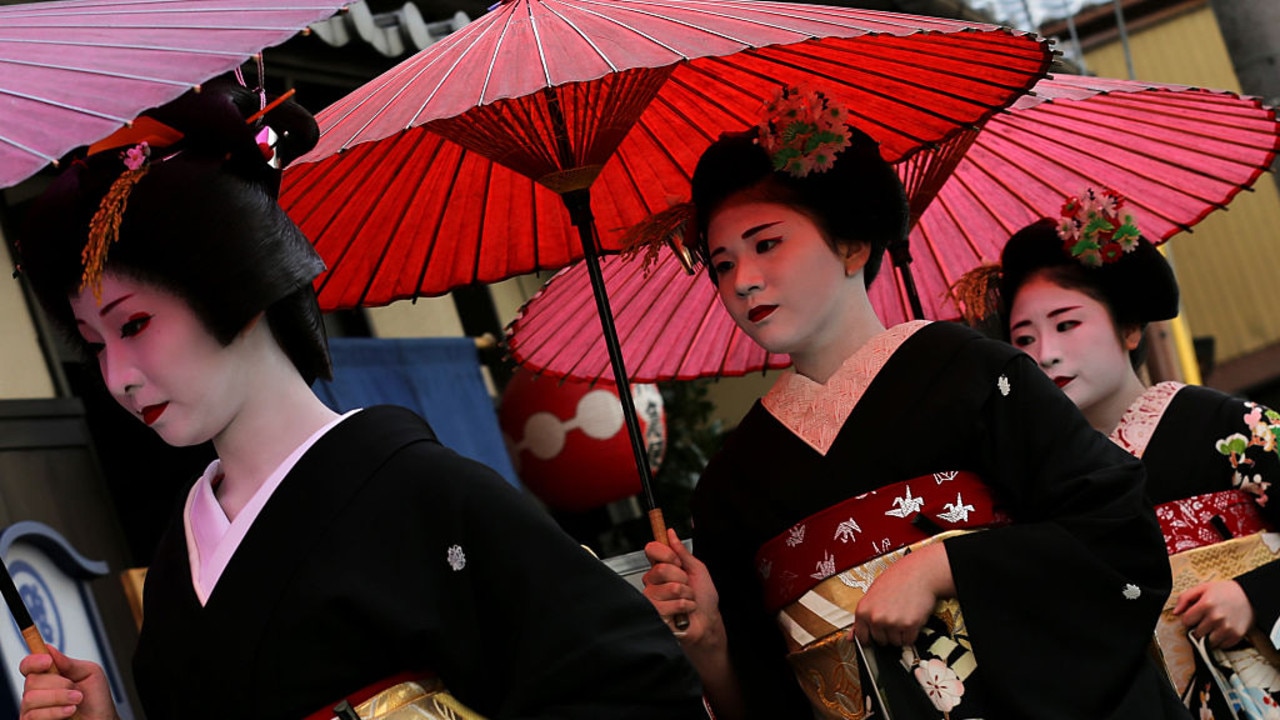
Tourists will be told not to enter narrow private streets in Gion, where geisha work in teahouses, from this month.
Brett Mitchell, ANZ managing director of Melbourne-based company Intrepid Travel, told news.com.au: “Under the new rules, the small alleyways in the historic district will be completely cut off for tourists, and several restaurants and teahouses will only serve the geisha, their clients, and local residents.”
Geisha, which are known locally as geiko, perform traditional Japanese dance, music and games. They are recognised by their formal kimonos, white face make-up and hair styled in an elaborate bun.
Mr Mitchell said the change was likely to affect thousands of Aussie tourists who visit the popular city of Kyoto. Intrepid runs 15 tours across Japan, with all bar one including Kyoto.
“We recommend that Aussie travellers planning trips to Japan, or who have one already booked, particularly to Kyoto, anticipate several changes and make sure they are across all rules before heading there and be flexible with itineraries,” he said.
Aussies – who will still have access to the district’s main street, Hanamikoji Street – are warned to be aware of the streets they are and are not allowed access to and respect the personal space of geisha, “especially when it comes to selfie requests”.
Back in 2019 signs were put up banning photography in the private alleys, warning of fines of up to 10,000 yen ($100).
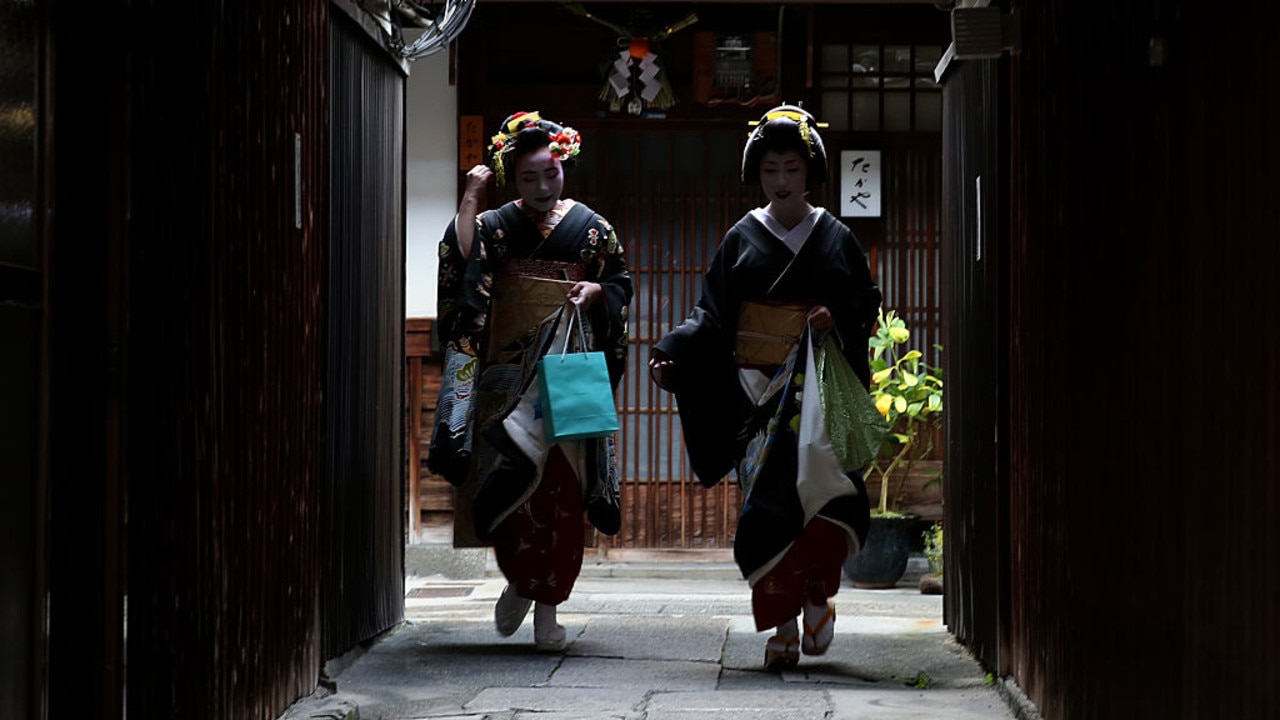
InsideJapan co-founder Alastair Donnelly, whose company offers small group tours and bespoke self-guided cultural adventures, told news.com.au the move follows not only reports of bad behaviour, but the negative impact of the post-pandemic tourism boom.
Japan’s popularity among Australian travellers has soared, surpassing the wildly popular Indonesian island of Bali in some travel industry rankings.
Mr Donnelly said at this stage it was unclear how the ban would be policed but encourages travellers to be aware and take note of local cultural etiquette.
“We encourage visitors to pay attention to signs indicating restrictions on private property or taking photos, and respect those,” he said. “Kyoto even has its own ‘code of behaviour‘ for tourists to bear in mind.
“Beyond this, learning some simple greetings and basic Japanese phrases also goes a long way towards demonstrating a desire to participate in the culture and not just observe.”
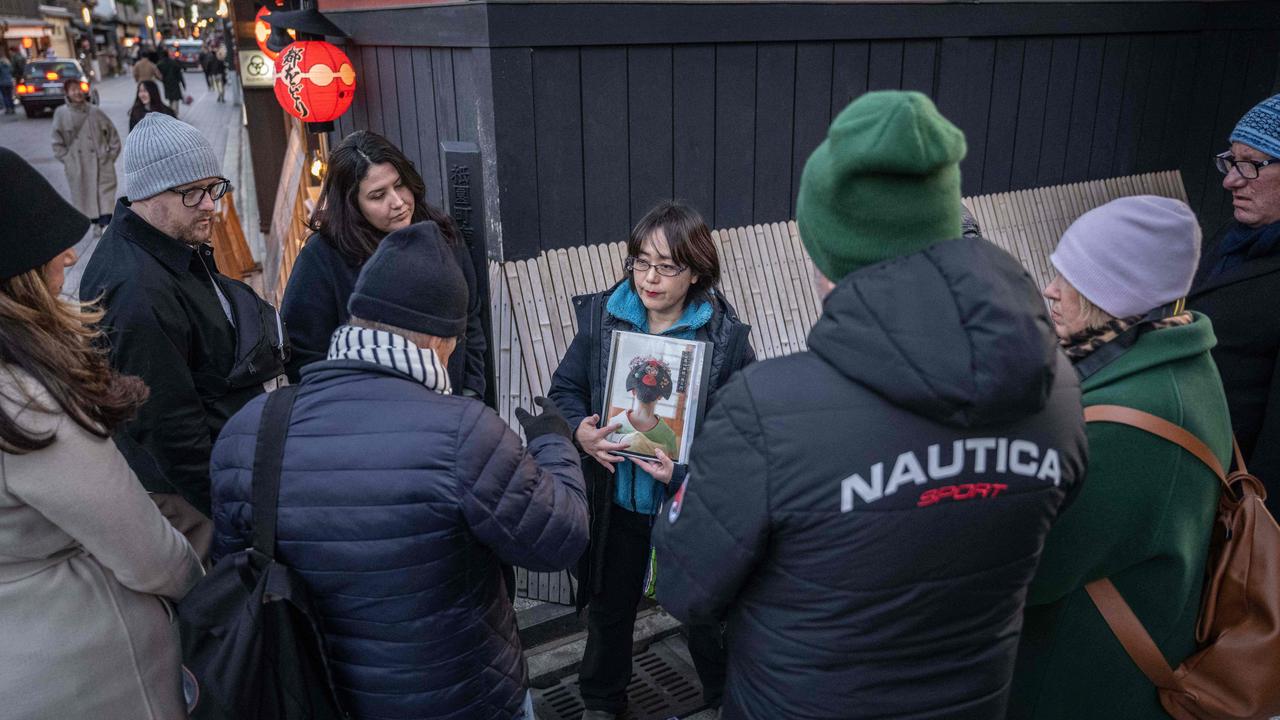
Mr Donnelly said there were many districts worth visiting in Kyoto that do not attract the same huge crowds at a singular time as those that congregate in Gion.
More Coverage

“Visitors may consider whether it is worth spending the extra for a private tea ceremony experience or evening drinks with a maiko (apprentice geisha) in attendance, rather than joining the throngs at dusk who pack the streets of Gion,” he said.
“A less expensive option in spring and autumn is to plan your visit to coincide with the geisha dances. This is a spectacular performance with scores of maiko taking part.
“It is a longstanding part of the Kyoto calendar and to join is to participate in a little slice of Kyoto geisha life.”
Add your comment to this story
To join the conversation, please log in. Don't have an account? Register
Join the conversation, you are commenting as Logout
A recent overseas holiday revealed one big mistake many Aussie travellers are making right now – but there is an easy fix.
If this hotel looks familiar, that’s because it served as the backdrop to a few Aussie reality TV feuds in recent times.
Terrifying footage shows the moment a fire broke out on a ferry in Thailand – forcing tourists to jump into the sea.

The joint statement — issued by Australian Deputy Prime Minister and Defence Minister Richard Marles, US Defence Secretary Lloyd Austin and UK Secretary of State for Defence Grant Shapps — suggests the alliance could be expanded further.
"AUKUS partners have developed principles and models for additional partner engagement in individual Pillar II projects and will undertake consultations in 2024 with prospective partners," they said.
Japan's involvement in AUKUS is likely to feature in talks between Japanese Prime Minister Fumio Kishida and US President Joe Biden when they meet in Washington on Wednesday.
White House national security spokesman John Kirby said the state visit would build on "the immense progress between our two nations to help create a safer and more secure Indo-Pacific".
"You'll be hearing more from us soon, obviously, on the wide range of deliverables that will be announced by the leaders on Wednesday," he said.
The White House will also host a trilateral leaders' summit between the Mr Biden, Mr Kisihda and Philippines President Ferdinand Marcos Jr on Thursday.
- X (formerly Twitter)
Related Stories
Japan to take part in aukus 'pillar 2' in first expansion of defence tech-sharing agreement.
'I wouldn't protect you': Trump could win back the White House. Here's how he plans to change the world
What these six words in Joe Biden's AUKUS speech told us about his next political battle
- Foreign Affairs
- Military Equipment
- National Security
- United Kingdom
- United States
- World Politics
US, UK, Australia consider Japan's cooperation in AUKUS security pact
- Medium Text

The Reuters Daily Briefing newsletter provides all the news you need to start your day. Sign up here.
Writing by William James, additional reporting by Muvija M; Editing by Kate Holton, Don Durfee and Paul Simao
Our Standards: The Thomson Reuters Trust Principles. New Tab , opens new tab

Thomson Reuters
William leads the UK Breaking News team, making sure Reuters is first to report key developments in political, economic and general news. He previously spent nearly a decade in Westminster as UK Political Correspondent and before that covered financial markets during the euro zone debt crisis.

World Chevron

Israel calls off school trips, puts forces on full alert amid Iran threat
Israel called off on Saturday school trips and other youth activities planned for the coming days, the beginning of the Passover festival, and placed the armed forces on full alert due to a possible attack by Iran.
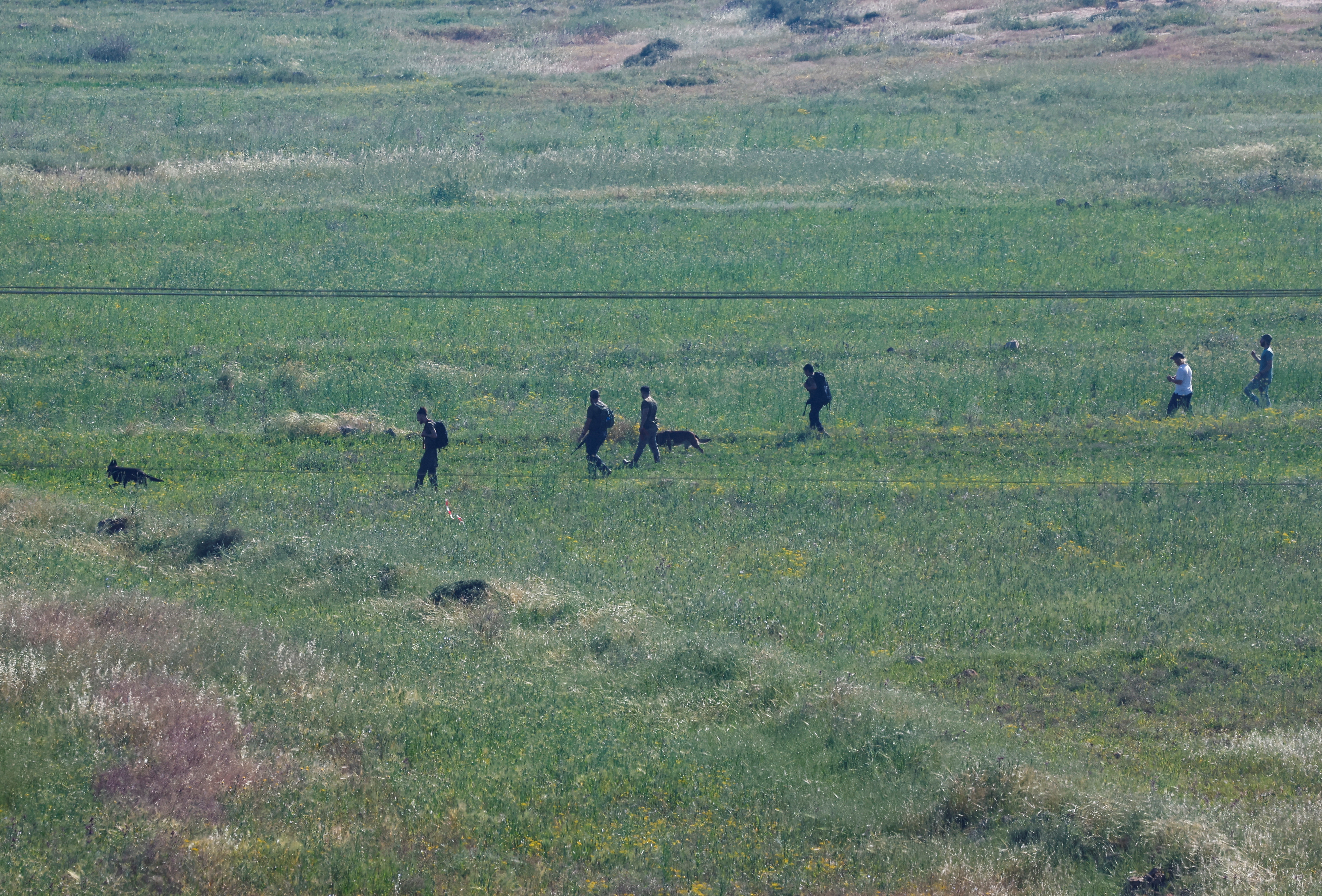
- Work & Careers
- Life & Arts
Become an FT subscriber
Try unlimited access Only $1 for 4 weeks
Then $75 per month. Complete digital access to quality FT journalism on any device. Cancel anytime during your trial.
- Global news & analysis
- Expert opinion
- Special features
- FirstFT newsletter
- Videos & Podcasts
- Android & iOS app
- FT Edit app
- 10 gift articles per month
Explore more offers.
Standard digital.
- FT Digital Edition
Premium Digital
Print + premium digital, digital standard + weekend, digital premium + weekend.
Today's FT newspaper for easy reading on any device. This does not include ft.com or FT App access.
- 10 additional gift articles per month
- Global news & analysis
- Exclusive FT analysis
- Videos & Podcasts
- FT App on Android & iOS
- Everything in Standard Digital
- Premium newsletters
- Weekday Print Edition
- FT Weekend newspaper delivered Saturday plus standard digital access
- FT Weekend Print edition
- FT Weekend Digital edition
- FT Weekend newspaper delivered Saturday plus complete digital access
- Everything in Preimum Digital
Essential digital access to quality FT journalism on any device. Pay a year upfront and save 20%.
- Everything in Print
- Everything in Premium Digital
Complete digital access to quality FT journalism with expert analysis from industry leaders. Pay a year upfront and save 20%.
Terms & Conditions apply
Explore our full range of subscriptions.
Why the ft.
See why over a million readers pay to read the Financial Times.
International Edition

Our Organisation

Our Careers

Tourism Statistics

Industry Resources

Media Resources

Travel Trade Hub

News Stories

Newsletters

Industry Events

Business Events

Working in Market - Japan
- Share Share on Facebook Share on Twitter Share on WhatsApp Copy Link
See how to work in Japan, one of Tourism Australia's key markets, and learn key insights into the various travel distribution channels.
Distribution system
Japan has a highly regulated travel distribution system, with three levels of travel agencies. The major operators in the Japan travel market are involved in all levels of the distribution system. Traditionally, the key focus for Australia has been wholesale package tour divisions of the General Travel Agents (GTAs). However, increasing focus is being placed on the Free and Independent Travel (FIT) segment, as Japanese outbound travellers mature. The evolution of the Japanese travel industry into a more themed, consumer-oriented sector is expected to continue.
Wholesalers/ Large Agents
Commission Level: 15% - 20%
- The top five wholesalers for Australia in Japan are JTB, HIS, NTA, JALPAK and KNT. All of these companies produce Australian brochures except KNT. These wholesalers except JALPAK and ANA Sales have overseas departments to develop specifically Australian product.
- There are also strong regional brand wholesalers such as Meitetsu in Nagoya and Nishitetsu in Fukuoka.
- Wholesalers compete for retail business as most have a retail chain under the same brand. Major wholesalers provide national coverage by distributing packages through their own retail outlets as well as franchised external agencies.
Retail Agents
Commission Level: 5% - 10%
- Japan has a highly regulated travel industry structure with three levels of travel agencies. The industry applies strict and complex licensing laws, with high levels of consumer protection.
- First Level Agencies: General Travel Agencies (GTAs) provide package, wholesale and retail services for international and domestic tours. They generally have the following:
- Wholesale Division, which designs and produces wholesale packages. The tour products are then on-sold to retailers, either via their own retail shops or to other agencies.
- Media Sales Division, which produces packaged tours for direct sale to consumers and promoted through advertising, members magazines and online.
- Group Tour Sales Division, which arranges and sells special order and one-off tours for clients (including schools/corporate) and niche tour organisers.
- Retail Division and Retail Shops, which sell travel directly to consumers via retail shops. These shops sell packages produced by the in-house wholesale division as well as packages produced by other agencies.
- Online Sales Division, which sell travel directly to consumers via online. They sell packages produced by the in-house wholesale division. There has been Some significant revolution in Dynamic Package over the web-based platform.
- Second Level Agencies: These agencies sell international and domestic products which have been produced by wholesaler. They do not package or wholesale international products.
- Third Level Agencies: These retail travel agencies sell international and domestic packages produced by wholesaler and second level agencies. They do not have wholesale or packaging departments.
Aussie Specialists
- The Aussie Specialist Program (ASP) is the primary platform for Tourism Australia to train and develop front line travel sellers to best sell Australia.
- As at November 2021, there were 1,670 qualified Aussie Specialists in Japan.
- As part of this program, Tourism Australia with State, Territory and Regional Tourism Organisations provide educational opportunities, such as seminars and family tours.
- Travel agencies with a retail presence sell the same retail package products online. In addition to that, some travel agents are selling special online packages to improve price competitiveness.
- In recent years, Online Travel Agencies (OTAs) who have no retail presence have been growing sales by focusing on flexible airfare and hotel booking systems, especially for domestic travel. Examples of this are Rakuten, Expedia Japan, Hotels.com, Jalan (domestic only). Other high value traveller focused web sites include Ikkyu which is the prominent player in this segment.
- Another style of online agent is those who only handle land content. Examples of these are VELTRA, Australian Tour Specialists and HOT HOLIDAY.
Inbound Tour Operators
Commission Level: 5 - 10%
- Companies such as JTB, HIS, KNT and NTA maintain their own Inbound Tour Operators (ITOs) in Australia. These inbound companies buy products, operate tours and provide product information to their respective head offices in Japan.
Distribution
- The Japanese travel industry is one of the most vertically integrated in the world. Major Japanese companies control all levels of the distribution system. This integration remains a key feature of the Japanese travel trade.
- There is a gradual increase in the FIT market, as Japanese outbound travellers become more confident to travel independently and are less reliant on packaged tours.
- As demand for FIT travel grows, the Japanese travel industry will continue to become more customized and consumer-oriented. However, language will always be a barrier for most Japanese travellers, so reliance on the industry will remain high relative to other countries.
- Large wholesalers are increasing their focus on retail consultants to deliver better services to win customers. In particular, since COVID-19, the number of retail shops has been significantly reduced. In order to clarify the difference from competitors, they have assigned destination specialists who can respond to individual customer requests to enhance the consulting ability. A majority of consumers search destination information and package tours through online but visit retail shops for further consultation and bookings. Consumers purchase package tours due to multiple factors including: language, price competitiveness and the strong protection provided by travel agency laws.
- In addition to the two major brochure seasons of Kamiki (April to September) and Shimoki (October to March), some of wholesalers have begun developing secondary package tours more frequently for customer to make booking earlier time to secure flights and accommodation. This means, in addition to online, paper based (brochures) are still the prime instrument for customer decision making process.
- The number of online-only businesses in Japan is increasing, and major wholesalers are expanding online services and advertising.
- To take advantage of consumers who book their flights online, some online travel agents are capturing growth by focusing on selling accommodation and optional tours only.
Planning and purchasing travel
- When buying travel products consumers tend to refer to a mix of information sources, this includes general internet search, reference to guidebooks, visiting travel agents or NTO websites and brochures.
- Repeat travellers tend to use the internet more for research and bookings, in addition to the traditional distribution channels.
Special interest
- Australia is the most popular destination for overseas school excursion programs from Japan. Major travel agents handling this market include JTB, KNT, NTA, TOBU TOP TOURs and Asahi Travel International, who all have dedicated sales teams in this segment.
Planning a visit to market
Top tips for sales calls.
- Communication with the retail industry is handled by Tourism Australia, the airlines and the State and Territory Tourism Organisations (STOs) based in Japan. Generally, Australian products liaise with their Inbound Tour Operator (ITO) then the wholesaler. It is not advisable for Australian product to visit retail agencies directly, unless for specific activities and only after the relevant ITO and wholesaler have been consulted.
- The best time of year for sales calls is in August, September, February and March.
- It is preferable to avoid Golden Week (end April to early May), Obon (mid-August) and New Year (late December to early January).
- The key market centres to visit are Tokyo and Osaka, followed by Nagoya, Fukuoka and Sapporo. High level proportionate market distribution being Tokyo the largest with 40%, followed by Osaka 20%, Nagoya and Fukuoka 10% each and Sapporo about 5% and rest of Japan for remaining share.
- For more general information on sales calls and planning a visit to market, please see Tourism Australia’s Tourism Export Toolkit .
Key Distribution Partners
Tourism Australia is a partnership marketing organisation and works closely with airlines and travel companies on cooperative marketing to drive conversion in all priority markets.
These targeted travel companies, including wholesalers, retail and online travel agencies, form Tourism Australia’s Key Distribution Partner (KDP) program with the intention to increase total booking value of visitors to Australia.
Each KDP is selected based on the fit with Tourism Australia’s market strategy, a shared target customer profile, shared funding of marketing activity, a commitment to training their frontline sales team through the Aussie Specialist Program and a commitment to selling quality Australian product and experiences.
Below are a selection of Key Distribution Partners that Tourism Australia is partnering with from Japan.
- Club Tourism
- Hankyu Travel International
- JTB Media Retailing
- Kinki Nippon Tourist
- Nippon Travel Agency
- Reiwa Travel
Where to find more information
Tourism Australia’s activities in Japan are managed from its Tokyo office.
Australian State and Territory Tourism Organisations with a presence in Japan are: Destination NSW, Tourism and Events Queensland, Tourism NT, Tourism Victoria and Tourism Western Australia
- An overview on the travel distribution system
- A quick reference on key booking and travel periods for markets
- Japan Country Brief published by the Department of Foreign Affairs and Trade at: www.dfat.gov.au/geo/japan
- For additional statistical reports refer to the ABS and TRA websites, www.abs.gov.au and www.tra.gov.au
Discover more

We use cookies on this site to enhance your user experience. Find out more .
By clicking any link on this page you are giving your consent for us to set cookies.
Acknowledgement of Country

We acknowledge the Traditional Aboriginal and Torres Strait Islander Owners of the land, sea and waters of the Australian continent, and recognise their custodianship of culture and Country for over 60,000 years.
*Disclaimer: The information on this website is presented in good faith and on the basis that Tourism Australia, nor their agents or employees, are liable (whether by reason of error, omission, negligence, lack of care or otherwise) to any person for any damage or loss whatsoever which has occurred or may occur in relation to that person taking or not taking (as the case may be) action in respect of any statement, information or advice given in this website. Tourism Australia wishes to advise people of Aboriginal and Torres Strait Islander descent that this website may contain images of persons now deceased.

We've detected unusual activity from your computer network
To continue, please click the box below to let us know you're not a robot.
Why did this happen?
Please make sure your browser supports JavaScript and cookies and that you are not blocking them from loading. For more information you can review our Terms of Service and Cookie Policy .
For inquiries related to this message please contact our support team and provide the reference ID below.
When is Eid al-Fitr 2024 and how is it celebrated?
The three-day festival celebrates the completion of the fasting month of Ramadan by Muslims across the world.

As a new moon was not sighted on Monday evening after Maghrib prayers, Muslims in Saudi Arabia and neighbouring countries will fast one more day, completing 30 days of Ramadan. The first day of Eid will then be celebrated on Wednesday, April 10.
The first day of Eid al-Fitr is determined by the sighting of the crescent moon marking the start of the month of Shawwal, the 10th month of the Islamic (Hijri) calendar.
Keep reading
A ramadan no palestinian will ever forget, the cost of a ramadan iftar meal around the world, ramadan 2024: where do your dates come from, in washington, dc: celebrating ramadan, protesting israel’s siege of gaza.
Lunar months last between 29 and 30 days so Muslims usually have to wait until the night before Eid to verify its date.
Other countries follow independent sightings.
When the sighting has been verified, Eid is declared on television, radio stations and at mosques.
![japan australia tourism Muslim worshippers prepare to take part in a morning prayer on the first day of Eid al-Fitr, which marks the end of the holy fasting month of Ramadan, at the Blue Mosque in Istanbul, on April 21, 2023 [Yasin Akgul /AFP]](https://www.aljazeera.com/wp-content/uploads/2024/04/AFP__20230421__33DL38J__v1__HighRes__TurkeyReligionIslamEid-1712214656.jpg?w=770&resize=770%2C524)
How do Muslims celebrate Eid?
Traditionally, Eid is celebrated for three days as an official holiday in Muslim-majority countries. However, the number of holiday days varies by country.
Muslims begin Eid day celebrations by partaking in a prayer service that takes place shortly after dawn, followed by a short sermon.
![japan australia tourism Palestinian Muslims perform the morning Eid al-Fitr prayer, marking the end of the holy fasting month of Ramadan in Gaza City on May 2, 2022 [Mahmud HAMS / AFP]](https://www.aljazeera.com/wp-content/uploads/2024/04/AFP__20220502__329C2B2__v1__HighRes__PalestinianIsraelReligionEidGaza-1712214526.jpg?w=770&resize=770%2C514)
On their way to the prayer, which is traditionally held in an open area, Muslims recite takbeerat, praising God by saying “Allahu Akbar”, meaning “God is great”.

It is customary to eat something sweet before the prayer, such as date -filled biscuits known as maamoul in the Middle East. This particular festival is known as the “sweet” Eid – and the distribution of sweets is common across the Muslim world.
Muslims usually spend the day visiting relatives and neighbours and accepting sweets as they move around from house to house.
Each country has traditional desserts and sweets that are prepared before Eid or on the morning of the first day.

Children, dressed in new clothes, are offered gifts and money to celebrate the joyous occasion.
![japan australia tourism Children ride a swing on the first day of Eid al-Fitr, which marks the end of the Muslim holy fasting month of Ramadan, in the rebel-held town of Maaret Misrin in Syria's northwestern Idlib province, on April 21, 2023 [Abdulaziz Ketaz / AFP]](https://www.aljazeera.com/wp-content/uploads/2024/04/AFP__20230421__33DM4EH__v2__HighRes__SyriaReligionIslamEid-1712214711.jpg?w=770&resize=770%2C513)
Girls and women in many countries decorate their hands with henna. The celebration for Eid begins the night before as women gather in neighbourhoods and large family gatherings for the application of henna.
![japan australia tourism A girl shows her hand decorated with henna at a market area ahead of Eid al-Fitr, which marks the end of the Muslim holy festival of Ramadan, in Srinagar, on April 20, 2023 [Tauseef Mustafa / AFP]](https://www.aljazeera.com/wp-content/uploads/2024/04/AFP__20230420__33DJ2T3__v1__HighRes__IndiaKashmirReligionIslamEid-1712214614.jpg?w=770&resize=770%2C512)
In some countries, families visit graveyards to offer their respects to departed family members right after the morning prayers.
It is common for Muslim-majority countries to decorate their cities with lights and hold festivities to commemorate the end of the fasting month.
![japan australia tourism A general view shows the Alif Ki mosque illuminated during the holy month of Ramadan, ahead of Eid al-Fitr, in Ahmedabad on April 19, 2023 [Sam Panthaky/AFP]](https://www.aljazeera.com/wp-content/uploads/2024/04/AFP__20230419__33DH2JB__v1__HighRes__IndiaReligionIslamRamadan-1712214562.jpg?w=770&resize=770%2C513)
Eid amid the onslaught in Gaza
For some 2.3 million Palestinians in Gaza this Eid, this will be the first Muslim religious holiday after more than 33,000 people have been killed in Israeli attacks. With little food aid, and very limited water, Gaza’s Eid al-Fitr will be mired in destruction amid the continuing attacks.

What are common Eid greetings?
The most popular greeting is “Eid Mubarak” (Blessed Eid) or “Eid sa’id” (Happy Eid). Eid greetings also vary depending on the country and language.
The video below shows how people say Eid Mubarak in different languages around the world.
- Meetings & Events
- Newsletter Sign-up
- Coronavirus (COVID-19) Advisory Information
- Select Language 简体中文 繁體中文(香港) 繁體中文(臺灣) India (English) Bahasa Indonesia 한국어 ภาษาไทย Tiếng Việt Singapore (English) Philippines (English) Malaysia (English) Australia/New Zealand (English) Français Deutsch Italiano Español United Kingdom (English) Nordic countries(English) Canada (English) Canada (Français) United States (English) Mexico (español) Português العربية Japan(日本語) Global (English)
- India (English)
- Bahasa Indonesia
- Singapore (English)
- Philippines (English)
- Malaysia (English)
- Australia/New Zealand (English)
- United Kingdom (English)
- Nordic countries(English)
- Canada (English)
- Canada (Français)
- United States (English)
- Mexico (español)
- Global (English)
- Fujiyoshida
- Shimonoseki
- Ishigaki Island
- Miyako Island
- Kerama Island
- Tokyo Island
- Koka & Shigaraki
- Hida Takayama
- Ginza, Nihonbashi
- Beppu & Yufuin (Onsen)
- Ginzan Onsen
- Nagasaki Islands

- Kumano Kodo
- Shikoku Karst
- Amami Oshima
- Hachimantai
- Omihachiman
- Aizuwakamatsu

- Diving in Japan
- Skiing in Japan
- Seasonal Flowers in Japan
- Sustainable Outdoors
- Off the Beaten Track in Japan
- Scenic Spots
- World Heritage
- Home Stays & Farm Stays

- Japanese Gardens
- Japanese Crafts
- Temple Stays
- Heritage Stays
- Festivals and Events
- Theater in Japan
- Japanese Tea Ceremony
- Cultural Experiences in Japan
- Culture in Japan

- Local Cuisine Eastern Japan
- Local Cuisine Western Japan
- Local Street Food
- Japan's Local Ekiben
- Japanese Whisky
- Vegetarian and Vegan Guide
- Sushi in Japan Guide
- Japanese Sake Breweries

- Art Museums
- Architecture
- Performing Arts
- Art Festivals
- Japanese Anime and Comics
- Japanese Ceramics
- Local Crafts

- Scenic Night Views
- Natural Wonders
- Theme Parks
- Samurai & Ninja
- Iconic Architecture

- Wellness Travel in Japan
- Japanese Ryokan Guide
- A Guide to Stargazing in Japan
- Relaxation in Japan
- Forest Bathing (Shinrin-yoku)

- Experiences in Japan
- Enjoy my Japan
- National Parks
- Japan's Local Treasures
- Japan Heritage
- Snow Like No Other
- Wonder Around Japan

Visa Information
- Getting to Japan
Airport Access
- COVID-19: Practical Information for Traveling to Japan
- Anime Tourism
- Countryside Stays
- Accessible Tourism
- Hokkaido Great Outdoors
- Scenic World Heritage in Tohoku
- Shikoku’s Nature and Traditions
- Southern Kyushu by Rail

- Traveling by Rail
- How to Travel by Train and Bus
- JR Rail Passes
- Scenic Railways
- Renting a Car
- Sustainable Travel in Japan
- Travel Brochures
- Useful Apps
- Online Reservation Sites
- Eco-friendly Accommodation
- Luxury Accommodations
- Traveling With a Disability
- Hands-free Travel
- How to Book a Certified Tour Guide
- Volunteer Guides
- Tourist Information Center

- Japanese Manners
- Spring in Japan
- Summer in Japan
- Autumn in Japan
- Winter in Japan
- Cherry Blossom Forecast
- Autumn Leaves Forecast

- Japan Visitor Hotline
- Travel Insurance in Japan
- Japan Safe Travel Information
- Accessibility in Japan
- Vegetarian Guide
- Muslim Travelers
- Safety Tips

- News from JNTO
US Partner News
- Interesting Articles
- Press Release
- Newsletter Archives
- Trade Newsletter
- Tender Notice
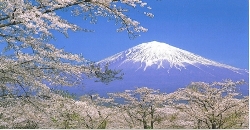
My Favorites
${v.desc | trunc(25)}
Planning a Trip to Japan?
Share your travel photos with us by hashtagging your images with #visitjapanjp
Travel Japan - The Official Japan Guide
U.S.-JAPAN TOURISM YEAR 2024
Go Beyond Japan’s Major Cities: Hokuriku Shinkansen Extension in 2024
Sakura and Beyond: Famous Japanese Flowers to Check Out in 2024
"Open the Treasure of Japan" in 2023 and Beyond
The Japan You Never Knew | VICE Guide to Ehime
Ehime is shaping up to be an emerging tourist destination in Japan.
Sustainable Stays: Enhance Your Japan Experience and Have a Positive Impact with Incredible Accommodations
Inspiration Awaits You at Every Turn: Discover the Indelible Art of Japan
Let Japan’s Spirituality Heal Both Your Body and Soul
Highlighted Features
Adventure in Japan’s Great Outdoors and Explore Japanese Culture with 5 Unforgettable Summer Activities
Experience the rich nature, traditional culture and contemporary art of uncharted Japan
Experience Japanese Culture Online
From Zen to Geisha
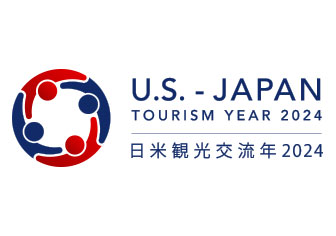
Important Notice
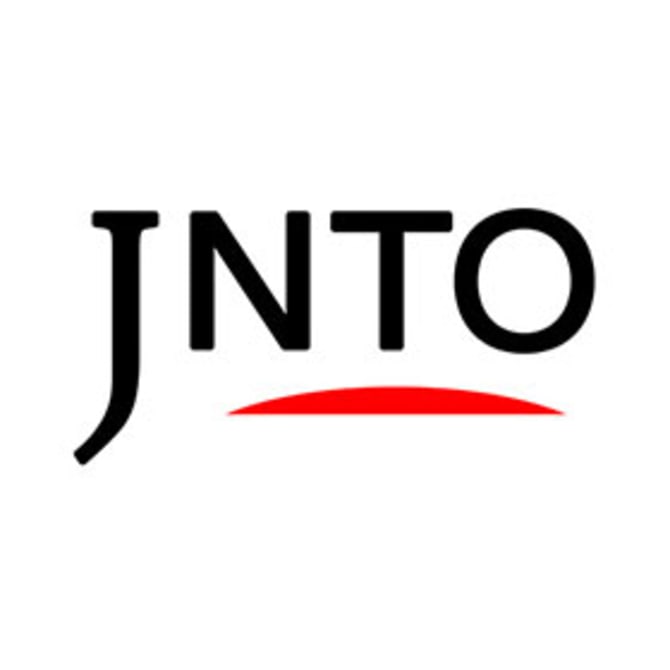
Travel Highlights
Popular places.
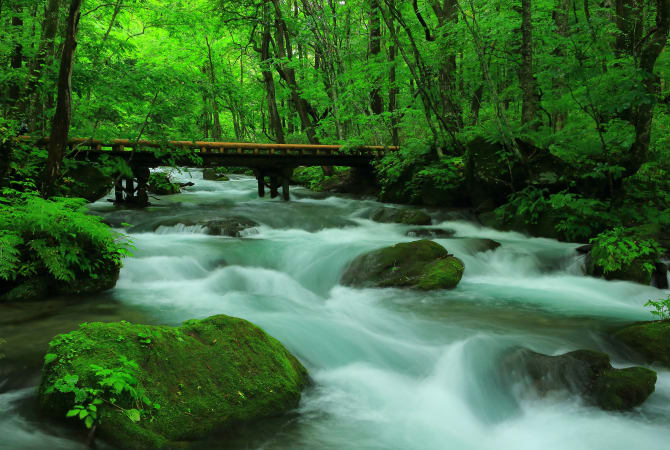
Explore by Interest
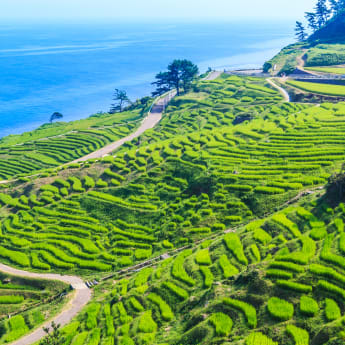
News from JNTO & Our Partners
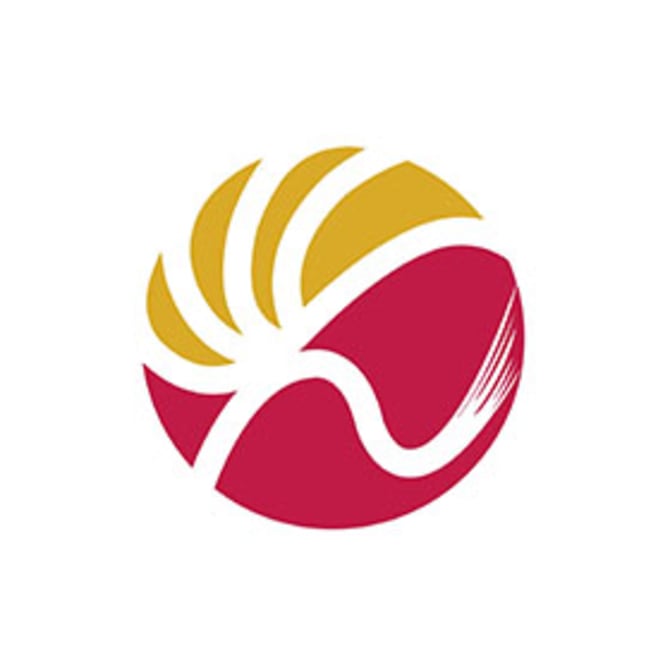
Visitor Photos
Share your travel photos with us by hashtagging your images with #visitjapanUS
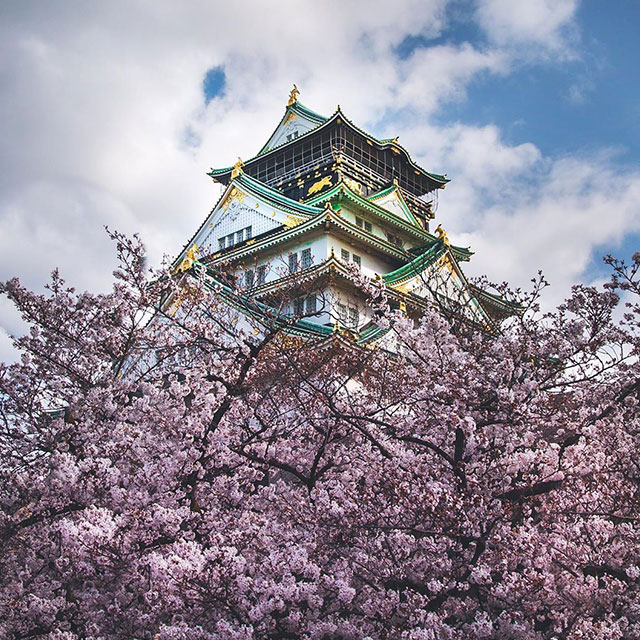
For First-Time Visitors
- Wi-Fi & Connectivity
- Weather & Geography
- IC Travel Cards
Where to Stay
- Luxury Stay
- Haneda Airport
- Narita Airport
- Osaka (KIX)
- Fukuoka Airport
Getting Around
- Shinkansen (Bullet Train)
- Luggage & Storage
Suggested Walks & Tours
- Tokyo 48 Hours
- Golden Route
- 2 Weeks in Japan
- Tour & Activities
Brochure Download
- Tours and Activities
Japanese Government Information
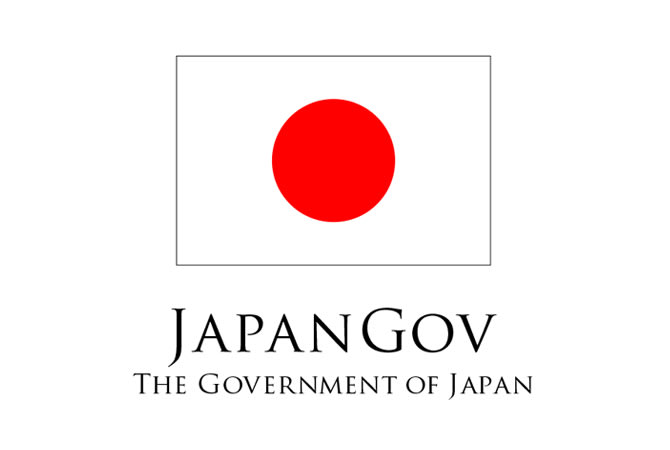
Aug 28, 2019

Aug 26, 2019
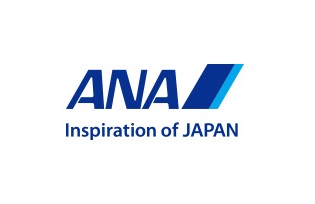
Aug 09, 2019

Please Choose Your Language
Browse the JNTO site in one of multiple languages

IMAGES
COMMENTS
The official Japan tourism website for Australians and New Zealanders by Japan National Tourism Organization (JNTO), the government tourism board. We use cookies on this site to enhance your user experience. If you continue to browse you accept the use of cookies on our site. See our Cookie Policy for more information.
Tourism. Japan National Tourism Organization (JNTO)'s Tourist Information Center accepts telephone enquiries 24 hours a day. Call (+81 3) 3201 3331. Contact your provider with any complaints about tourist services or products. You can also contact the National Consumer Affairs Center of Japan's Consumer Hotline for Tourists.
To break it down for you, the key points are: Tourists from Australia (and other countries with visa exemptions) can now travel to Japan without a visa; Tourists no longer required to travel on ...
The official site of Japan National Tourism Organization is your ultimate Japan guide with tourist information for Tokyo, Kyoto, Osaka, Hiroshima, Hokkaido and other top Japan holiday destinations. We offer travel information to make your Japan travel more comfortable and enjoyable.
A Japan Travel Guide. Japan is a country of contrasts. From the snowy northern reaches of Hokkaido to the subtropical islands of Okinawa. From the historic shrines and castles of the feudal towns to the futuristic electronic superstores in Tokyo. And as a foodie, who could ignore the contradictions of a simple bowl of rice that must remain ...
Tourism Australia has kicked off a reopening campaign to encourage Japanese to come and explore Australia. The Yours to Explore campaign is designed to extend a warm welcome from Australia, drive demand for the destination, and remind Japanese of all the incredible experiences that await them on their next holiday. The integrated campaign covers national newspapers, out-of-home advertising at ...
Australia-Japan Defence Ministers' Meeting - the Deputy Prime Minister and Minister for Defence, the Hon Richard Marles MP. 19 October 2023. ... For Australians travelling to Japan or planning to travel to Japan, please refer to the Australian Government's Smartraveller website and the Japanese Government's Immigration Services Agency of ...
Who is currently allowed to travel to Japan? Entry to Japan is back to pre-pandemic visa arrangements. In other words, passport holders of countries including the UK, most of Europe, USA, Canada, Australia and New Zealand can make use of Japan's 90-day visa-free short term stay arrangements just as it was before March 2020. During the pandemic, the Japanese government separated all countries ...
Posted Mon 15 Jan 2018 at 5:26pm, updated Mon 15 Jan 2018 at 11:07pm. There has been a near 1,000 per cent increase in Australian tourists to Japan in the past two decades. (ABC News: Carrington ...
Australians took more than 42,000 trips to Japan in February 2023, behind only New Zealand (97,000), Indonesia (72,000) and India (70,000). Japan's tourism rebound has been felt deeply in the ...
Japanese Culture. Japan has a fascinating and multifaceted culture; on the one hand it is steeped in the deepest of traditions dating back thousands of years; on the other it is a society in a continual state of rapid flux, with continually shifting fads and fashions and technological development that constantly pushes back the boundaries of ...
In 2018, Japan was the fifth largest source of tourism for Australia, with 484,000 Japanese citizens visiting Australia that year. It placed behind the United Kingdom, the United States, New Zealand and China. ... Japan-Australia Joint Declaration on Security Cooperation, Tokyo, 13 March 2007, 安全保障協力に関する日豪共同宣言 ...
A week in Japan can cost you about $865 (per person), while a week in Australia may cost you around $1,139. These differences become even more noticable if you plan to spend a longer time in the country. 10 days, two weeks, or even one month of travel to Japan or Australia can really add to your travel budget. Accommodation is often cheaper in ...
In September we will exhibit at the JATA Travel Expo in Tokyo, followed by Australia Marketplace to welcome Australian suppliers to market in-person. There's a lot more to come and we'll let you know the details in the next edition of Spotlight on Japan! This is the fourth edition of 'Spotlight on the Regions' featuring Japan with Country ...
Market Insight Snapshots. We acknowledge the Traditional Aboriginal and Torres Strait Islander Owners of the land, sea and waters of the Australian continent, and recognise their custodianship of culture and Country for over 60,000 years. Tourism Australia's activities in Japan and South Korea are managed from offices in Tokyo and Seoul.
Arriving in Japan post covid restrictions Although there are now no Covid protocols for Japan, Japan Holidays strongly recommends that you use the Visit Japan Web website to register to enter Japan. ... Australian-owned and operated| ATAS & AFTA Travel Accredited. GSA in Japan ID Tours South Pacific License No. 20079. terms and conditions ...
Japan Australia. 17,960 likes · 1,372 talking about this. Japan Australia is a blog dedicated to Japan travel and culture. Follow me on my adventures in Japan. Visit the blog...
Aussies warned to be across new tourist ban in Kyoto, Japan. Aussies heading to Japan are warned to be aware of a new tourist ban in one of Kyoto's most popular sightseeing spots.
While Japan's popularity as a holiday destination has grown exponentially over the last few years — kicking Bali out of the top spot as Aussies' favourite hotspot — an influx of tourists ...
Australia and its AUKUS partners, the US and UK, are considering including Japan in some of the alliance's advanced technology projects, the three countries' defence ministers confirm.
Great new content is being rolled out every month on our Japanese consumer site, Australia.jp, highlighting the unique wildlife, conscious travel, aquatic and coastal, food and drink and cultural tourism experiences right across Australia. Our PR and media program continues with valuable exposure in newspapers, magazines, digital, radio and TV.
LONDON/WASHINGTON, April 8 (Reuters) - Britain, the U.S. and Australia said on Monday they are considering working with Japan through their AUKUS security pact, despite U.S. export-control ...
July 13, 2037: Australia and New Zealand December 26, 2038 : Australia and New Zealand April 30, 2041 : Angola, the Democratic Republic of Congo, Uganda, Kenya, Somalia
The US, UK and Australia are to begin talks on bringing new members into Aukus as Washington pushes for Japan to be involved in the security pact aimed as a deterrent against China.
The Aussie Specialist Program (ASP) is the primary platform for Tourism Australia to train and develop front line travel sellers to best sell Australia. As at November 2021, there were 1,670 qualified Aussie Specialists in Japan. As part of this program, Tourism Australia with State, Territory and Regional Tourism Organisations provide ...
Australia has hosed down speculation Japan may be formally invited to join the Aukus security partnership, saying Tokyo's involvement would be limited to cooperation on developing advanced ...
Lunar months last between 29 and 30 days so Muslims usually have to wait until the night before Eid to verify its date. Other countries follow independent sightings.
Travel Japan - The Official Japan Guide. None U.S.-JAPAN TOURISM YEAR 2024. None Go Beyond Japan's Major Cities: Hokuriku Shinkansen Extension in 2024. None Sakura and Beyond: Famous Japanese Flowers to Check Out in 2024. None "Open the Treasure of Japan" in 2023 and Beyond. None ...